Landscape Of Wheels – 1:48
periferia
Words
Transcript:
Words, English words, are full of echoes, of memories, of associations. They have been out and about, on people’s lips, in their houses, in the streets, in the fields, for so many centuries. And that is one of the chief difficulties in writing them today – that they are stored with other meanings, with other memories, and they have contracted so many famous marriages in the past. The splendid word “incarnadine,” for example – who can use that without remembering “multitudinous seas”? In the old days, of course, when English was a new language, writers could invent new words and use them. Nowadays it is easy enough to invent new words – they spring to the lips whenever we see a new sight or feel a new sensation – but we cannot use them because the English language is old. You cannot use a brand new word in an old language because of the very obvious yet always mysterious fact that a word is not a single and separate entity, but part of other words. Indeed it is not a word until it is part of a sentence. Words belong to each other, although, of course, only a great poet knows that the word “incarnadine” belongs to “multitudinous seas.” To combine new words with old words is fatal to the constitution of the sentence. In order to use new words properly you would have to invent a whole new language; and that, though no doubt we shall come to it, is not at the moment our business. Our business is to see what we can do with the old English language as it is. How can we combine the old words in new orders so that they survive, so that they create beauty, so that they tell the truth? That is the question.

And the person who could answer that question would deserve whatever crown of glory the world has to offer. Think what it would mean if you could teach, or if you could learn the art of writing. Why, every book, every newspaper you’d pick up, would tell the truth, or create beauty. But there is, it would appear, some obstacle in the way, some hindrance to the teaching of words. For though at this moment at least a hundred professors are lecturing on the literature of the past, at least a thousand critics are reviewing the literature of the present, and hundreds upon hundreds of young men and women are passing examinations in English literature with the utmost credit, still – do we write better, do we read better than we read and wrote four hundred years ago when we were un-lectured, un-criticized, untaught? Is our modern Georgian literature a patch on the Elizabethan? Well, where then are we to lay the blame? Not on our professors; not on our reviewers; not on our writers; but on words. It is words that are to blame. They are the wildest, freest, most irresponsible, most un-teachable of all things. Of course, you can catch them and sort them and place them in alphabetical order in dictionaries. But words do not live in dictionaries; they live in the mind. If you want proof of this, consider how often in moments of emotion when we most need words we find none. Yet there is the dictionary; there at our disposal are some half-a-million words all in alphabetical order. But can we use them? No, because words do not live in dictionaries, they live in the mind. Look once more at the dictionary. There beyond a doubt lie plays more splendid than Antony and Cleopatra; poems lovelier than the Ode to a Nightingale; novels beside which Pride and Prejudice or David Copperfield are the crude bunglings of amateurs. It is only a question of finding the right words and putting them in the right order. But we cannot do it because they do not live in dictionaries; they live in the mind. And how do they live in the mind? Variously and strangely, much as human beings live, ranging hither and thither, falling in love, and mating together. It is true that they are much less bound by ceremony and convention than we are. Royal words mate with commoners. English words marry French words, German words, Indian words, Negro words, if they have a fancy. Indeed, the less we enquire into the past of our dear Mother English the better it will be for that lady’s reputation. For she has gone a-roving, a-roving fair maid.
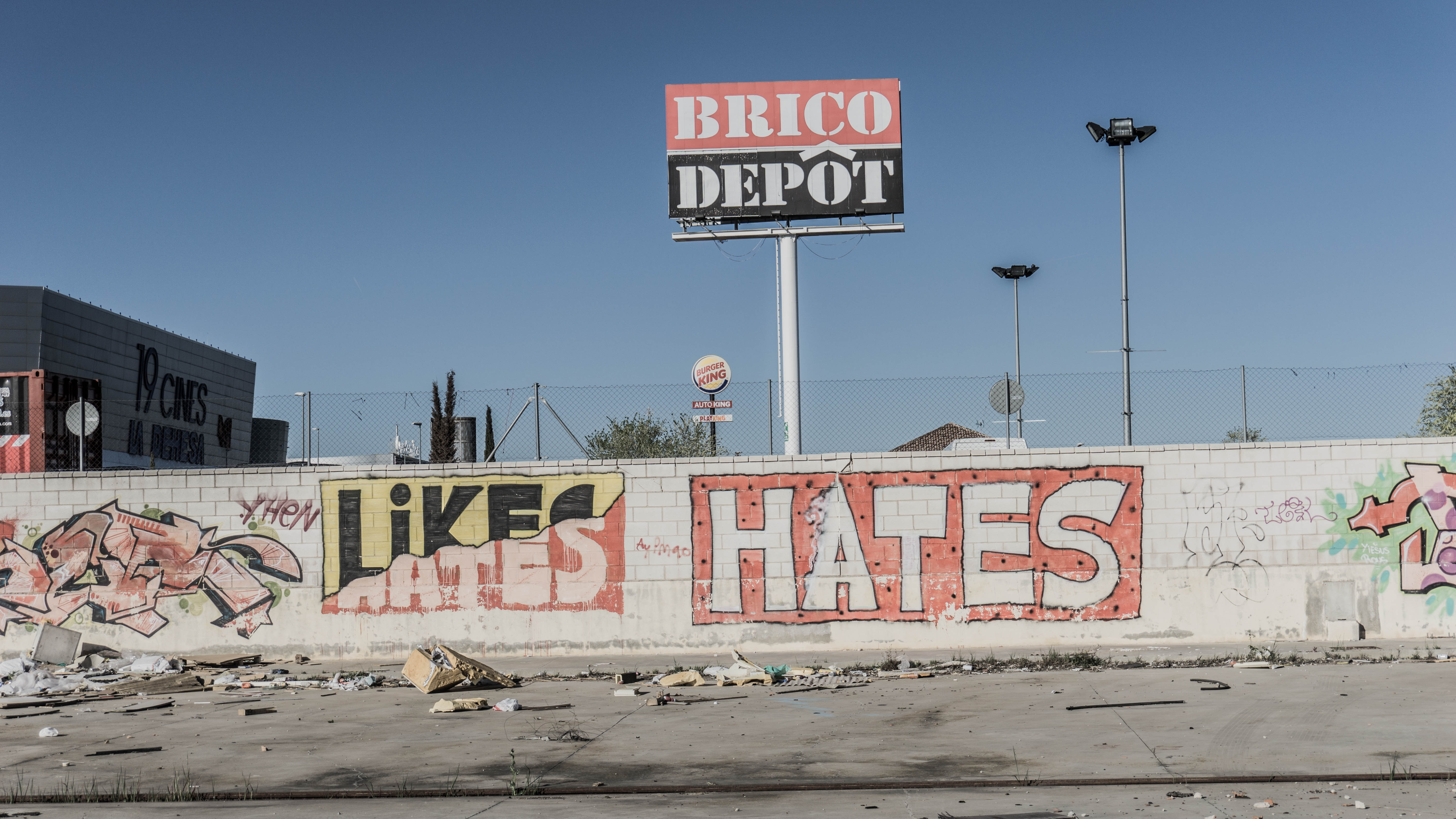

Thus to lay down any laws for such irreclaimable vagabonds is worse than useless. A few trifling rules of grammar and spelling is all the constraint we can put on them. All we can say about them, as we peer at them over the edge of that deep, dark and only fitfully illuminated cavern in which they live – the mind – all we can say about them is that they seem to like people to think before they use them, and to feel before they use them, but to think and feel not about them, but about something different. They are highly sensitive, easily made self-conscious. They do not like to have their purity or their impurity discussed. If you start a Society for Pure English, they will show their resentment by starting another for impure English – hence the unnatural violence of much modern speech; it is a protest against the puritans. They are highly democratic, too; they believe that one word is as good as another; uneducated words are as good as educated words, uncultivated words as good as cultivated words, there are no ranks or titles in their society. Nor do they like being lifted out on the point of a pen and examined separately. They hang together, in sentences, paragraphs, sometimes for whole pages at a time. They hate being useful; they hate making money; they hate being lectured about in public. In short, they hate anything that stamps them with one meaning or confines them to one attitude, for it is their nature to change.

Perhaps that is their most striking peculiarity – their need of change. It is because the truth they try to catch is many-sided, and they convey it by being many-sided, flashing first this way, then that. Thus they mean one thing to one person, another thing to another person; they are unintelligible to one generation, plain as a pikestaff to the next. And it is because of this complexity, this power to mean different things to different people, that they survive. Perhaps then one reason why we have no great poet, novelist or critic writing today is that we refuse to allow words their liberty. We pin them down to one meaning, their useful meaning, the meaning which makes us catch the train, the meaning which makes us pass the examination…
This is the only known surviving recording of Virginia Woolf’s voice. It is part of a BBC radio broadcast from April 29th, 1937. The talk was called “Craftsmanship” and was part of a series entitled “Words Fail Me”. The text was published as an essay in “The Death of the Moth and Other Essays” (1942).
La voz de Virginia Woolf
Esta es la única grabación que aún perdura de la voz de Virginia Woolf. Es parte de una emisión de radio de la BBC del 29 de abril de 1937. La charla se llamó “Artesanía” y fue parte de una serie titulada “Las palabras me fallan”.
Anamnesis
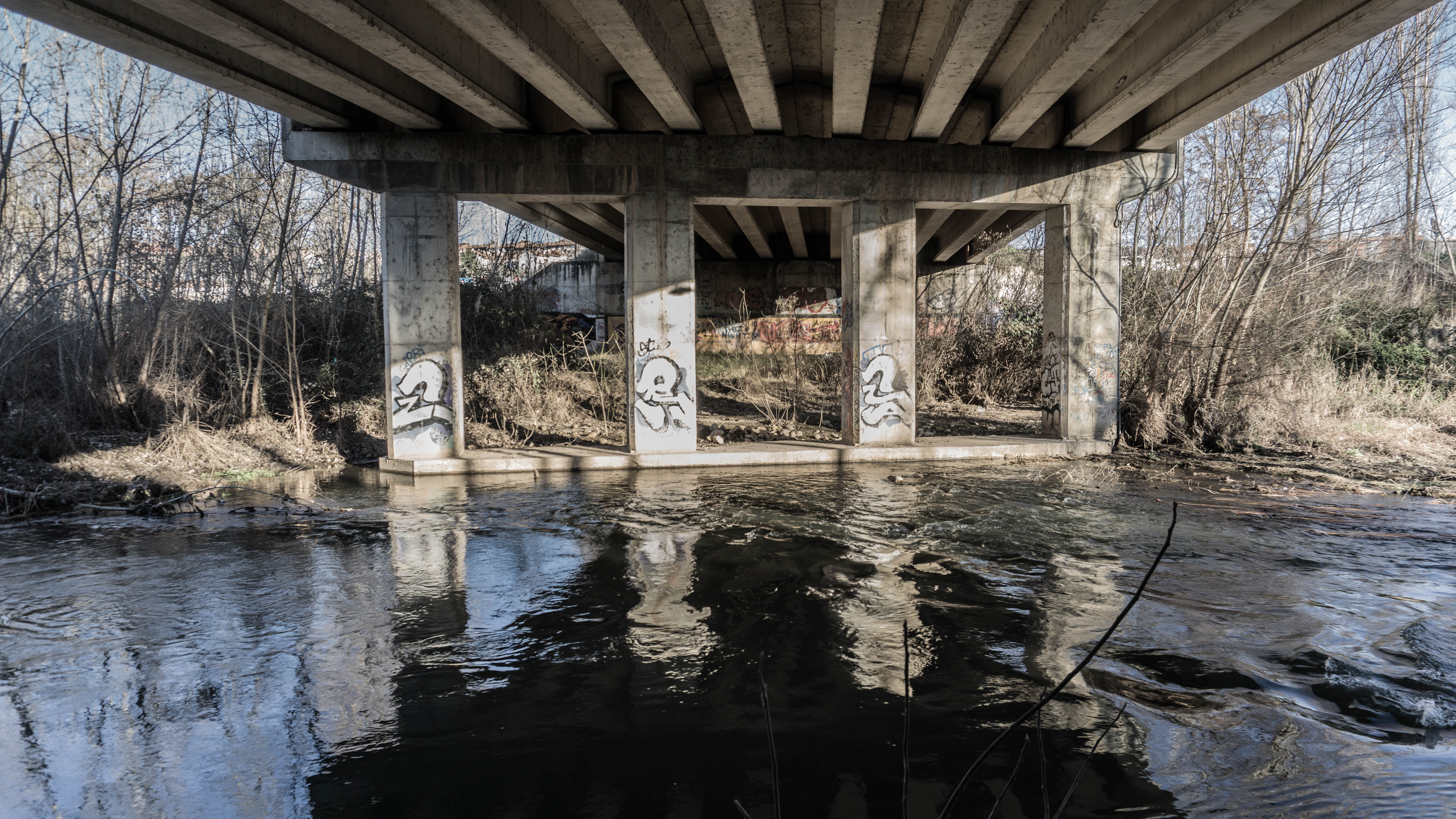
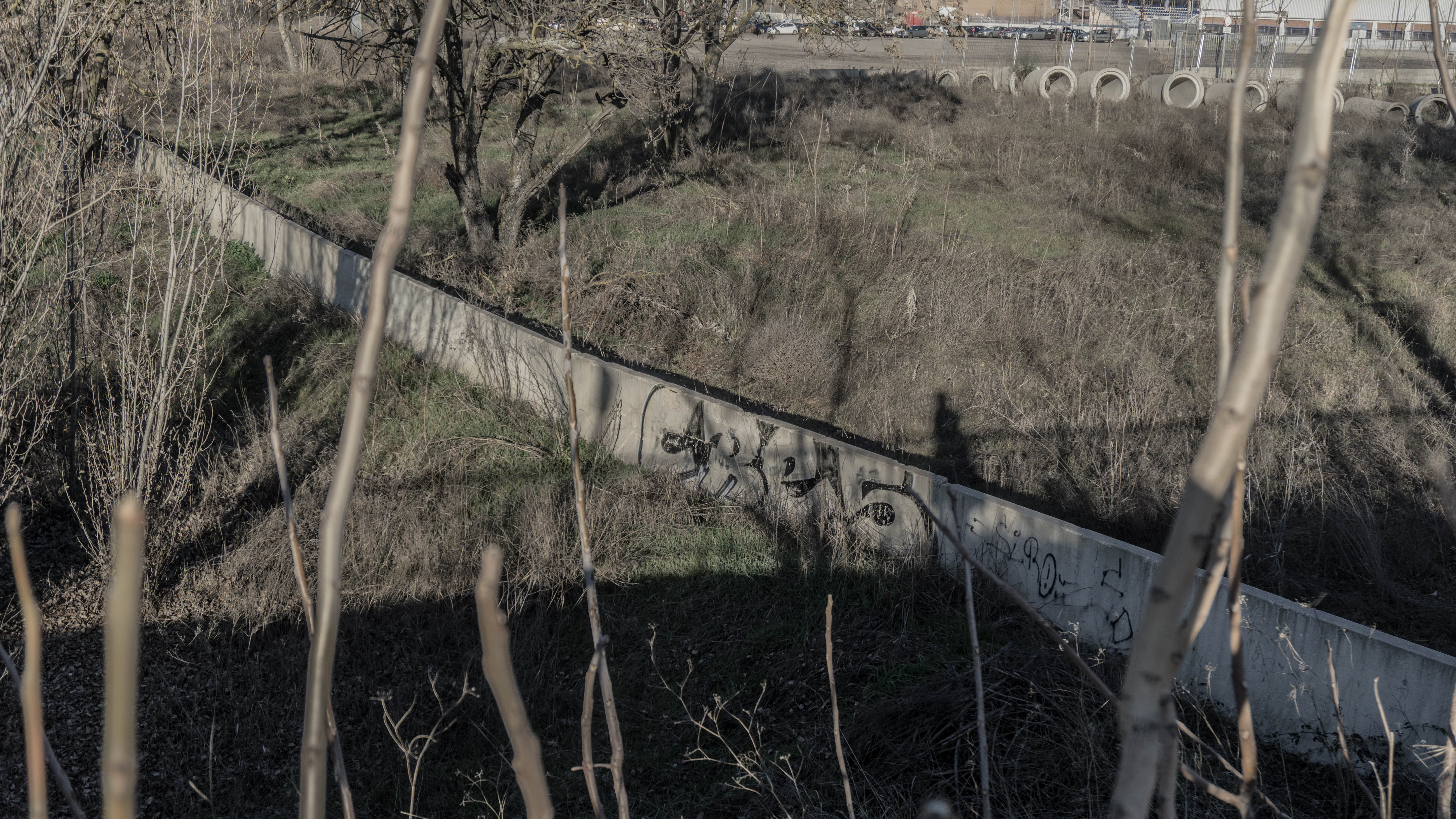
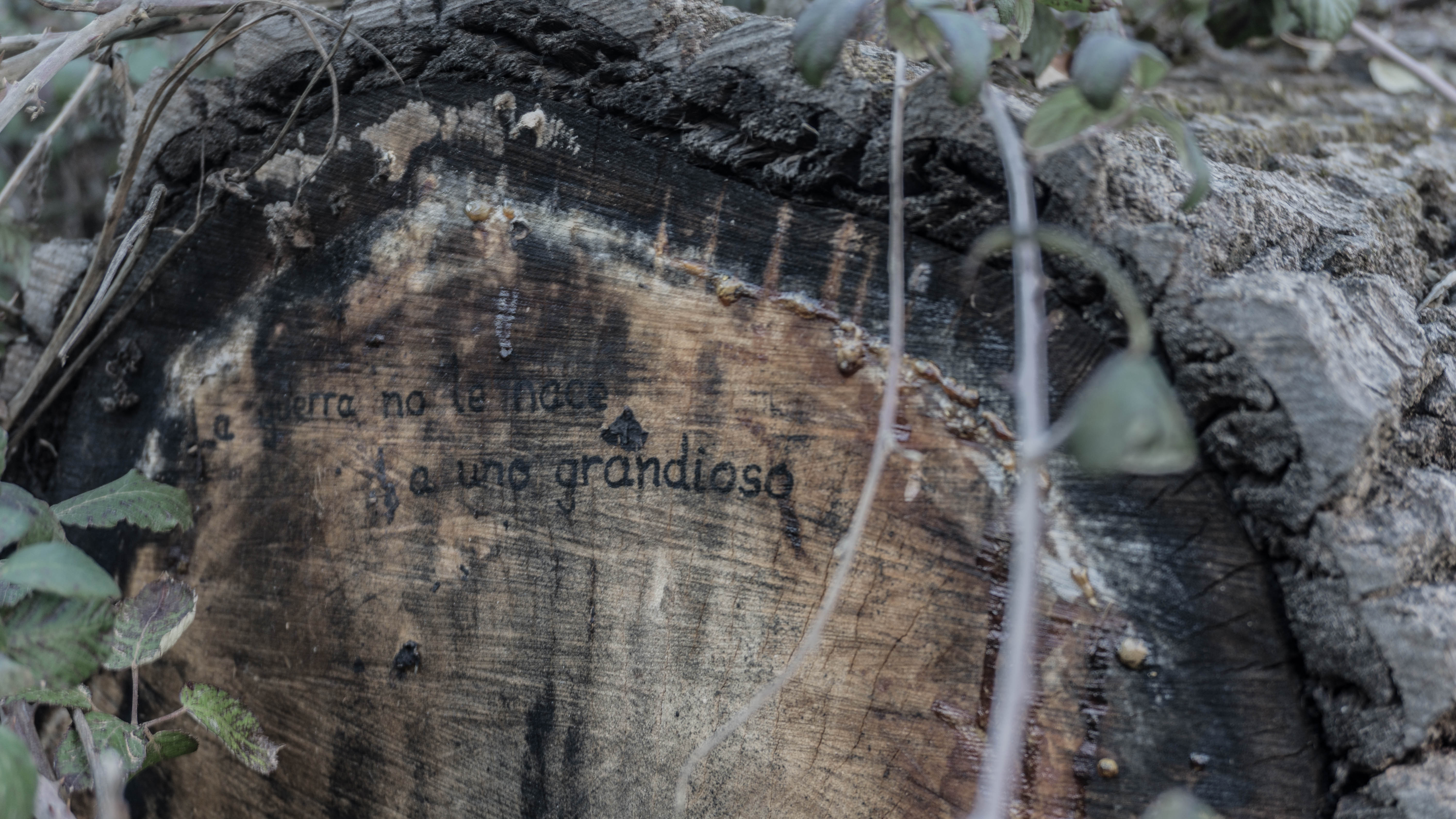
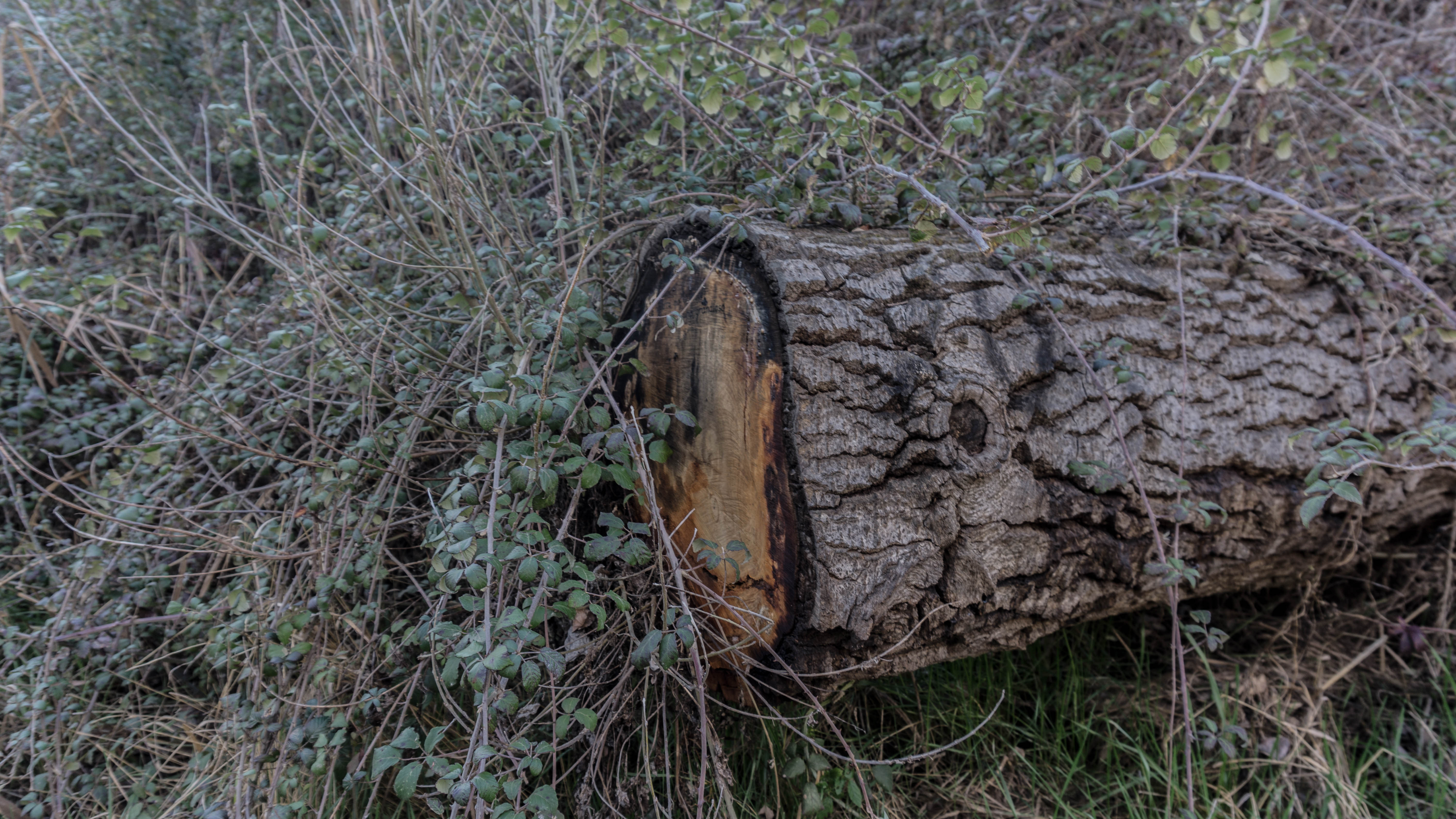
The artist struggling whith ellipses in a still life may end up with a painting dotted with doughnut-like formations that are supposed to represent the rims of cylindrical vessels.
Some ellipses appear lop-sided, others look like UFOs. In several cases, the ellipses appear to inhabit a different space to that of the vessel concerned.
How can the artist overcome the problem of painting ellipses on objects?
The still life artist may find painting ellipses difficult to avoid, as many household objects contain ellipses. The list is endless: vases, teacups, teapots, mugs, urns, saucers, eggcups, tankards, dishes, pots, pipes, cake tins, wine glasses and bottles.
This can be a headache for the artist wishing to steer clear of such elements. But the hurdle of drawing ellipses is a common one which can be overcome. Before making improvements, the following practices need to be addressed, including the most common issue, giving the ellipse corners.
Drawing the ellipse asymmetrically. The ellipse might slant to one side resulting in a tear-shaped ellipse.
Another common mistake is illustrating the rim of the vessel as a single line without suggesting any depth to the rim depicted.
Rendering dark lines around the ellipse, even though lines cannot always be discerned on areas on the actual rim.
Failing to accord the base of the cylindrical object with the rim at the top, resulting in a vessel that appears to inhabit two areas of space at the same time. A common example is drawing the base of the cylinder as a straight line, and the ellipse at the top as an ovoid.
Gravel and coffee & cream
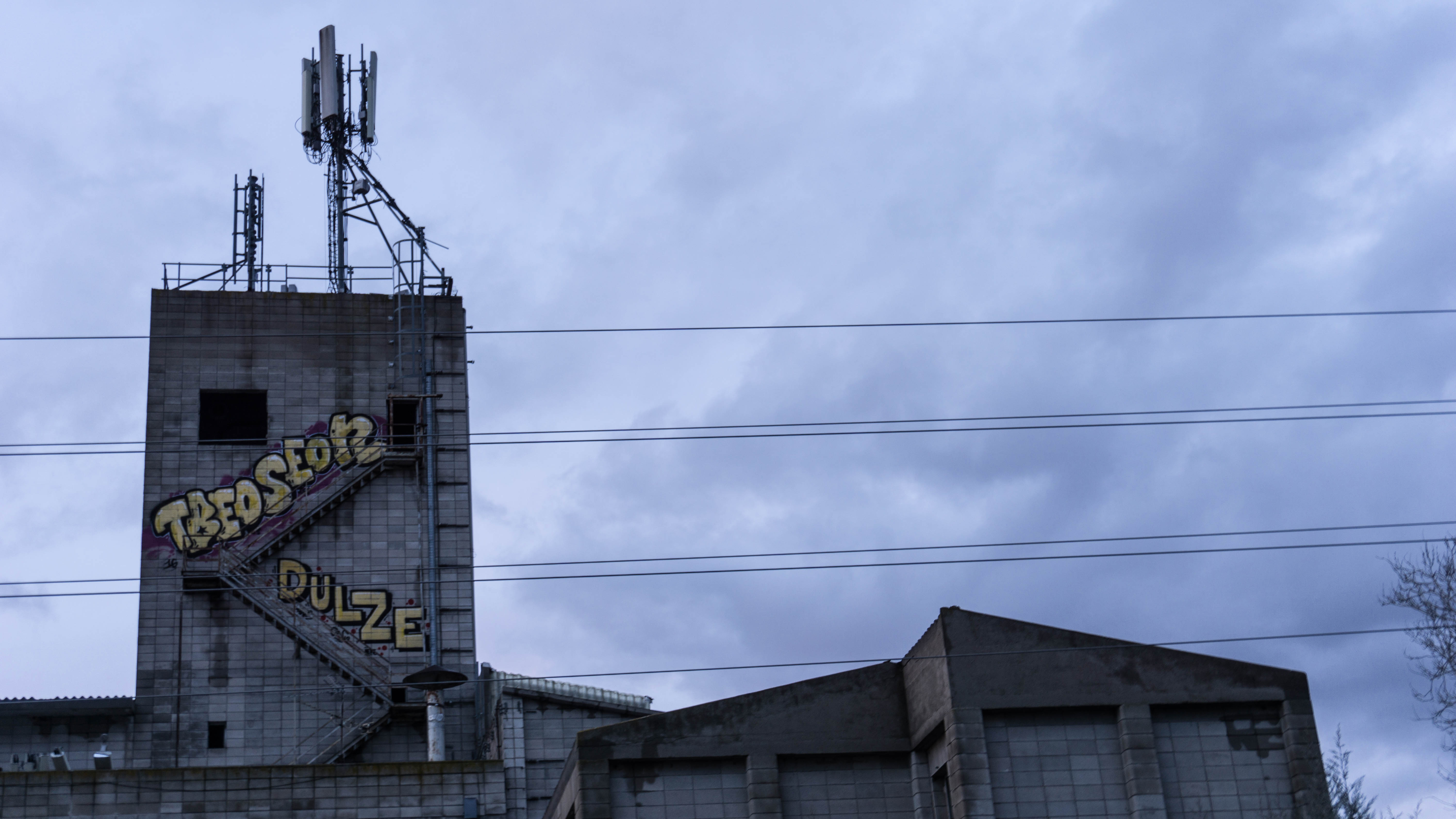



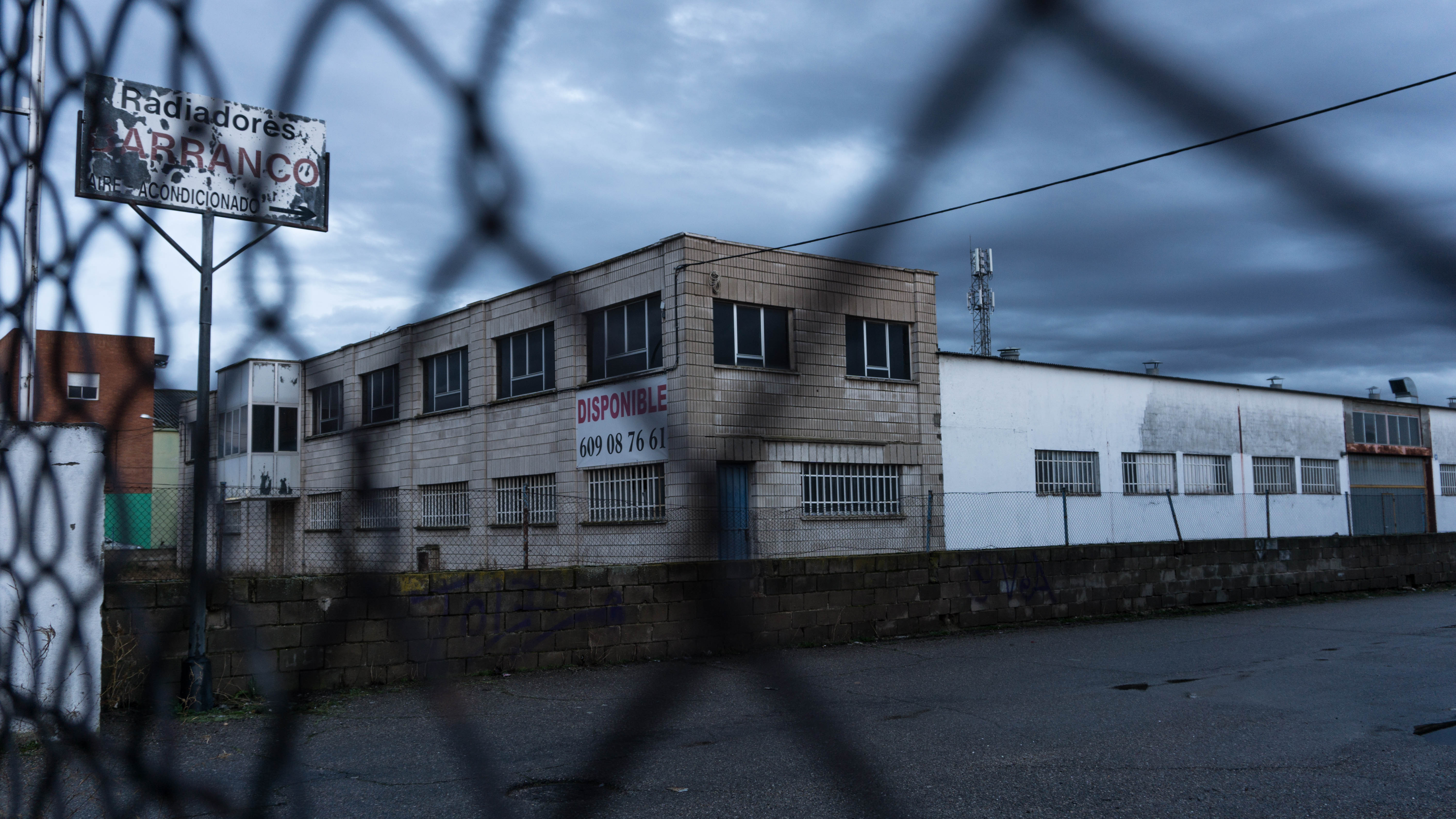
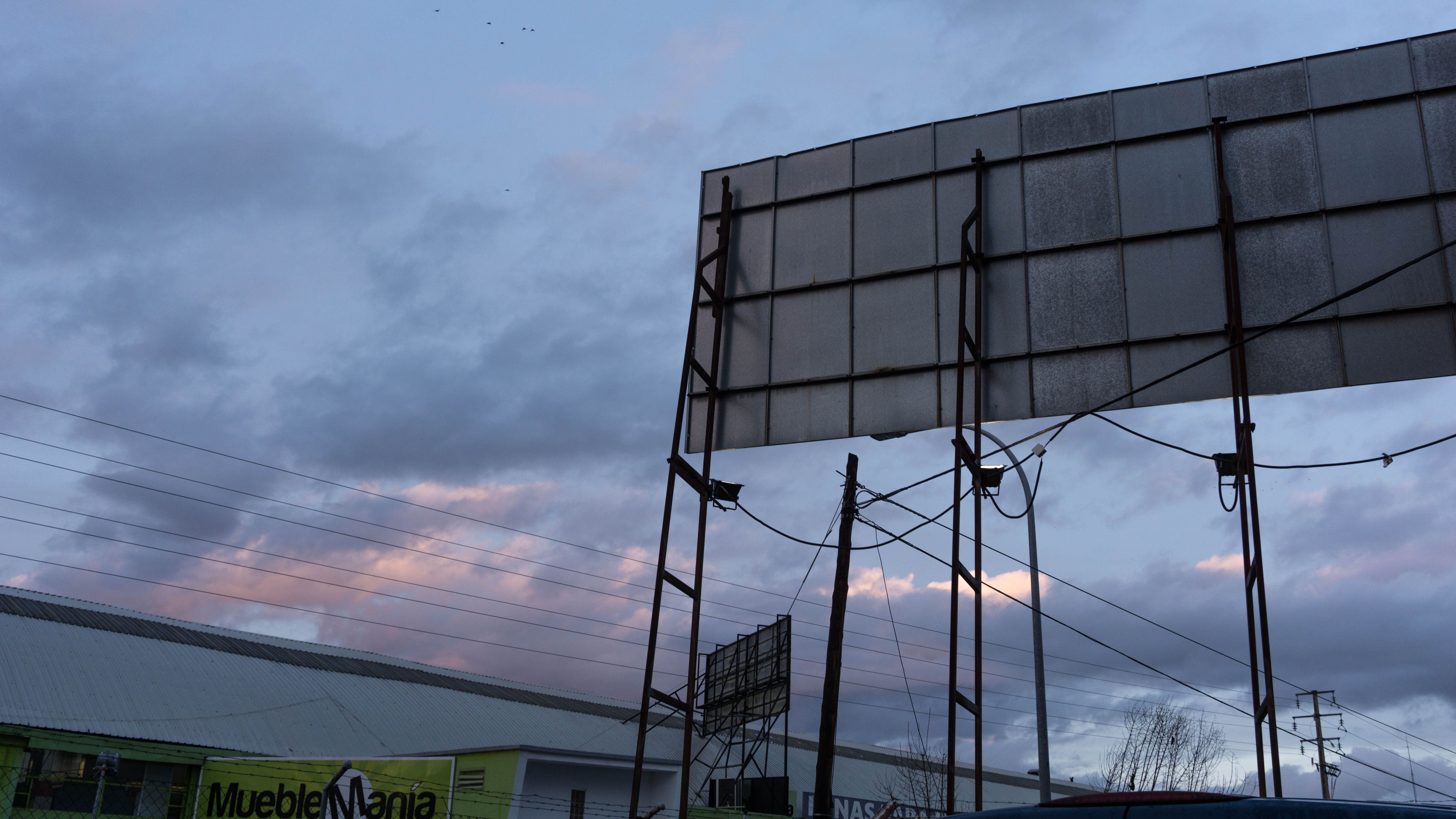
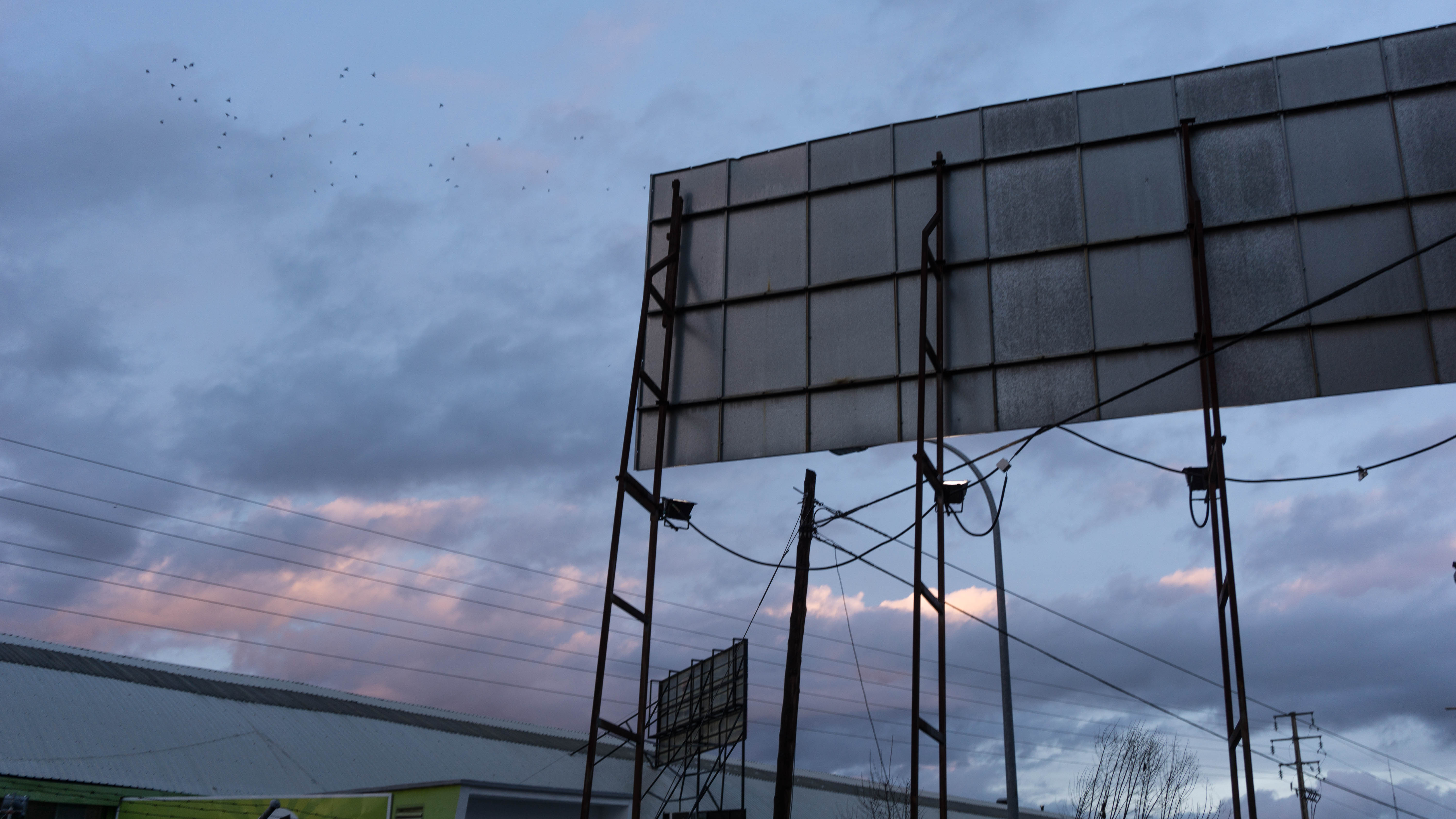
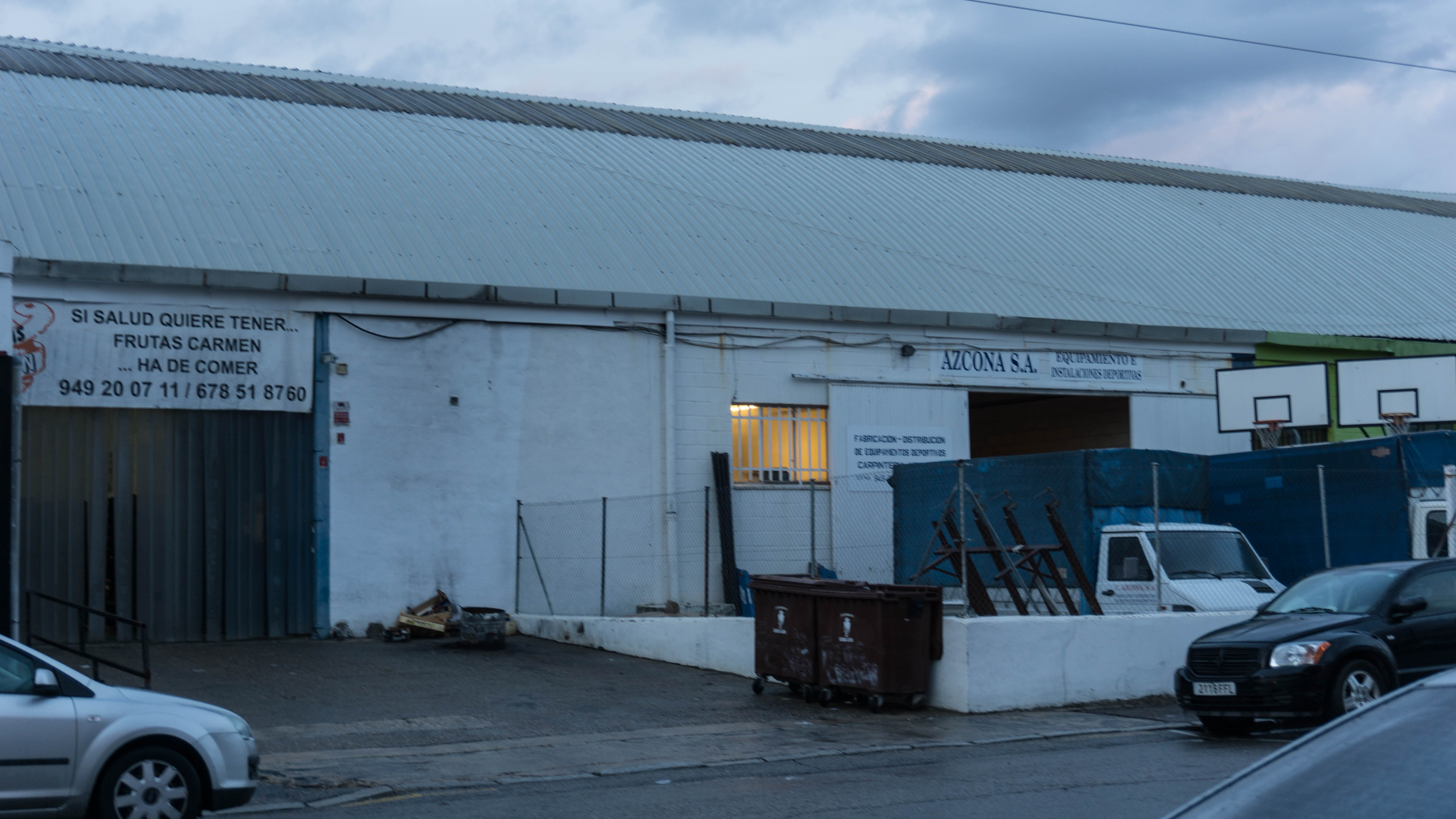
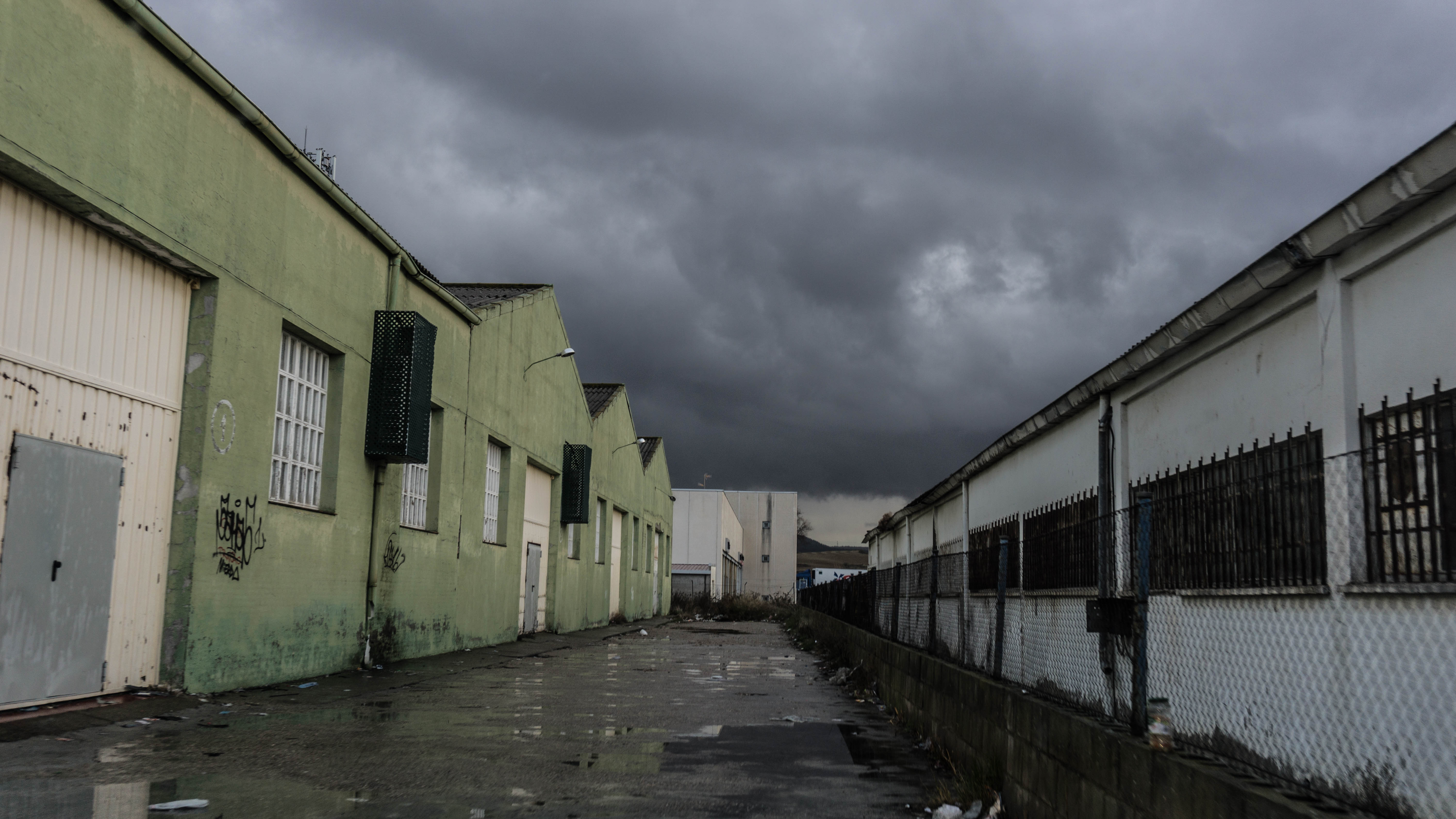
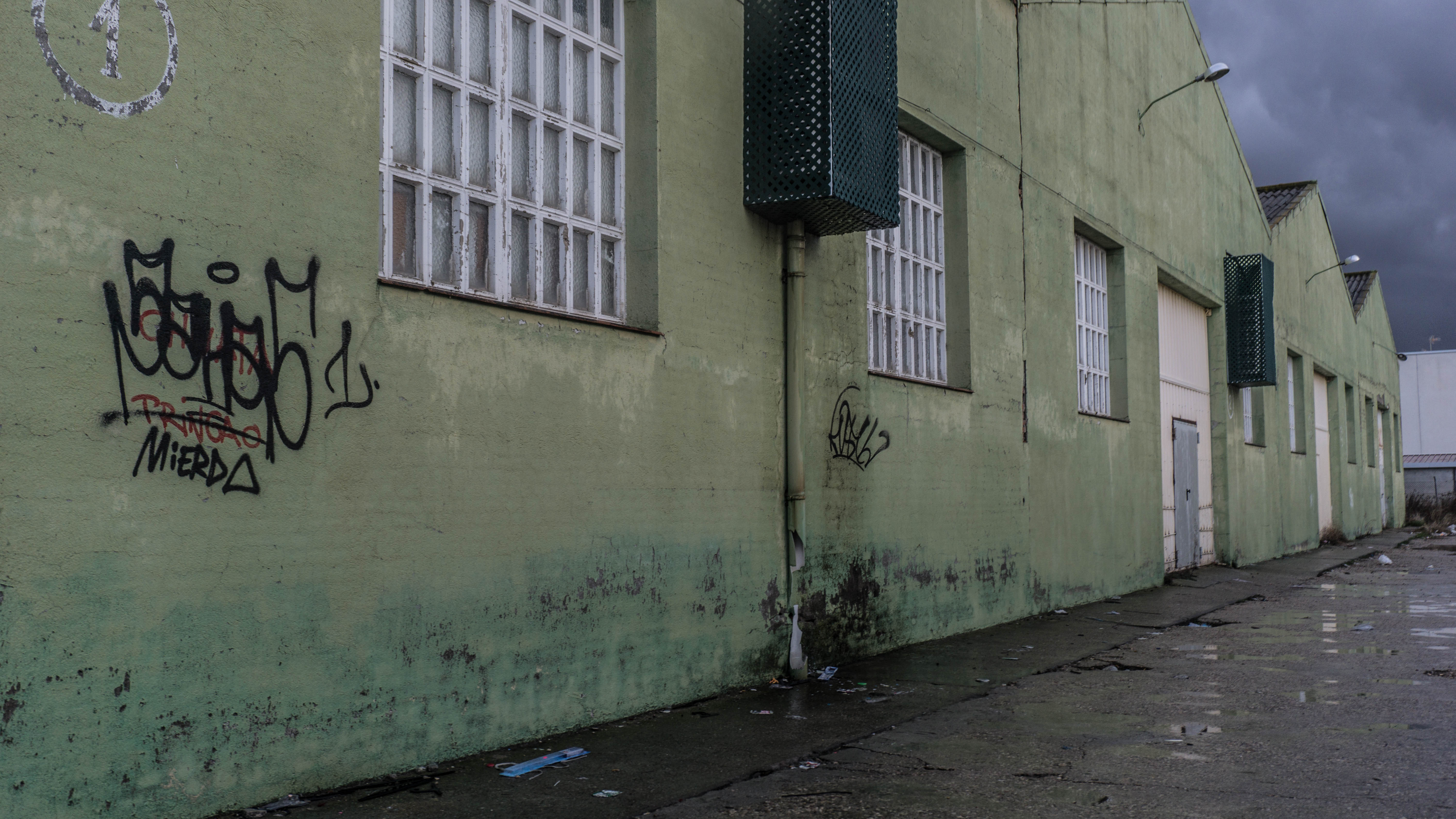
…
suburbia
Is the suffering of others also our own? In thinking that it might in fact be, societies expand the circle of the we.
The environment suddenly shifts in an unforeseen and unwelcome manner.
Move to strangeness
Human beings need security, order, love, and connection
Memories about the past guide this thinking about the future
Reactions to a volcano-like event that shook the foundations of the social world.
Holding an attitude of benign neglect or cynical indifference
A blow to the psyche that breaks through one’s defenses so suddenly and with such brutal force that one can not react to it effectively
An important part of the self has disappeared… “We” no longer exist as a connected pair or a linked cells in a larger communal body
Truth goes underground
One cannot simply leave behind
Buried in the unconscious, the event is experienced irrationally, in the nightmares
Denials that insist on looking to the future and forgetting the past
Fragmented and polarized social order
Bridging the gap between event and representation
A spiral of signification
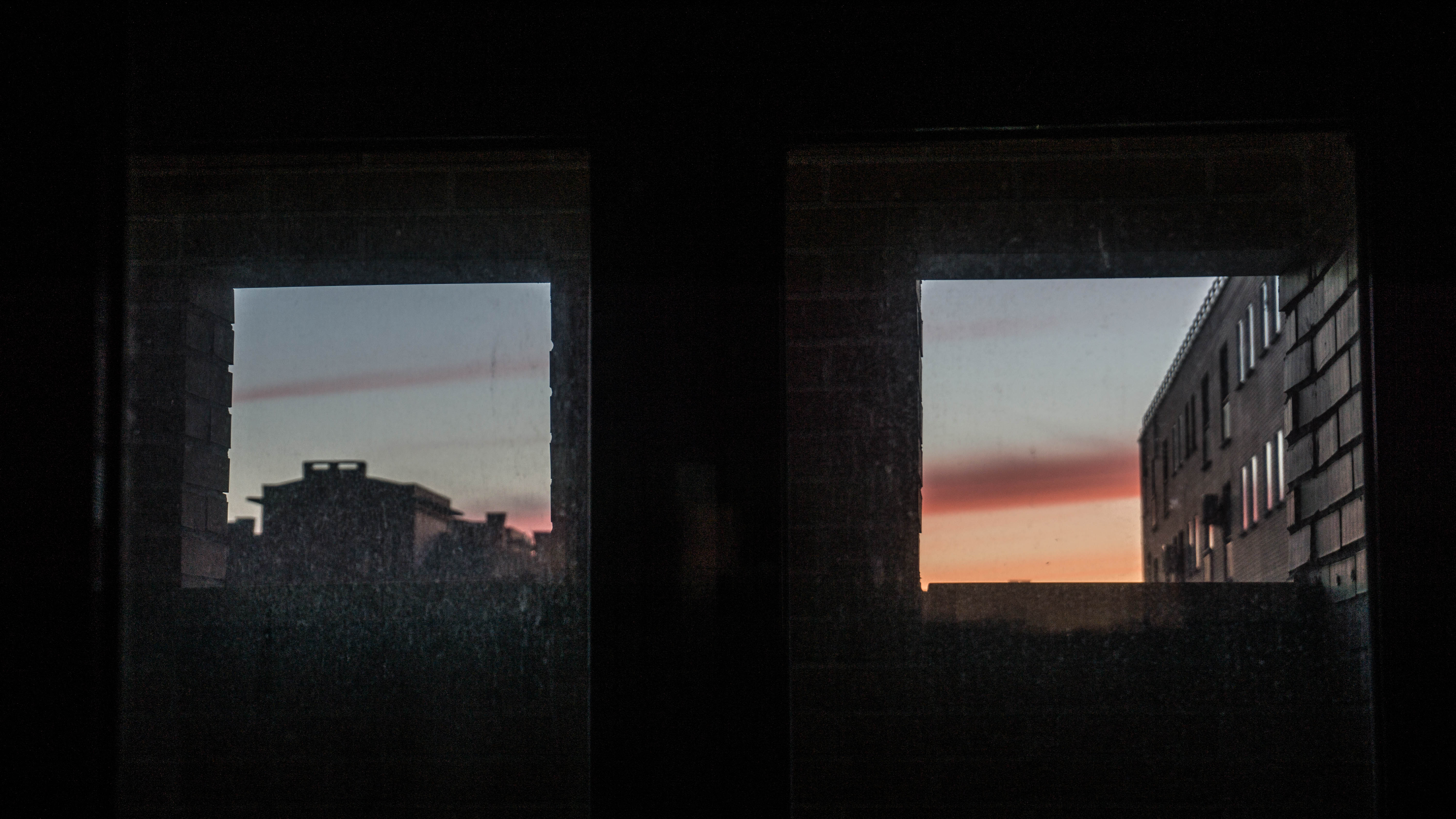
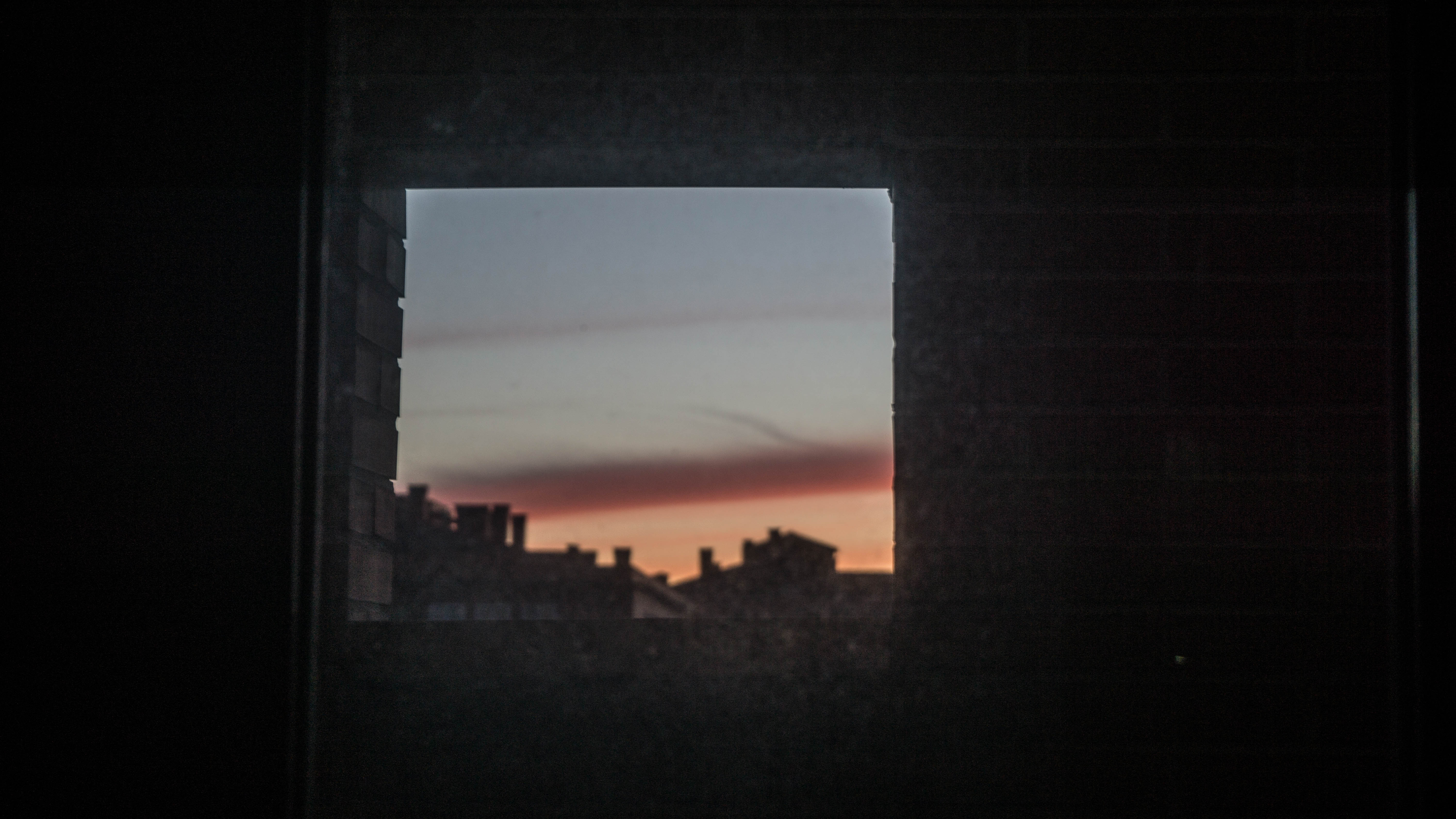
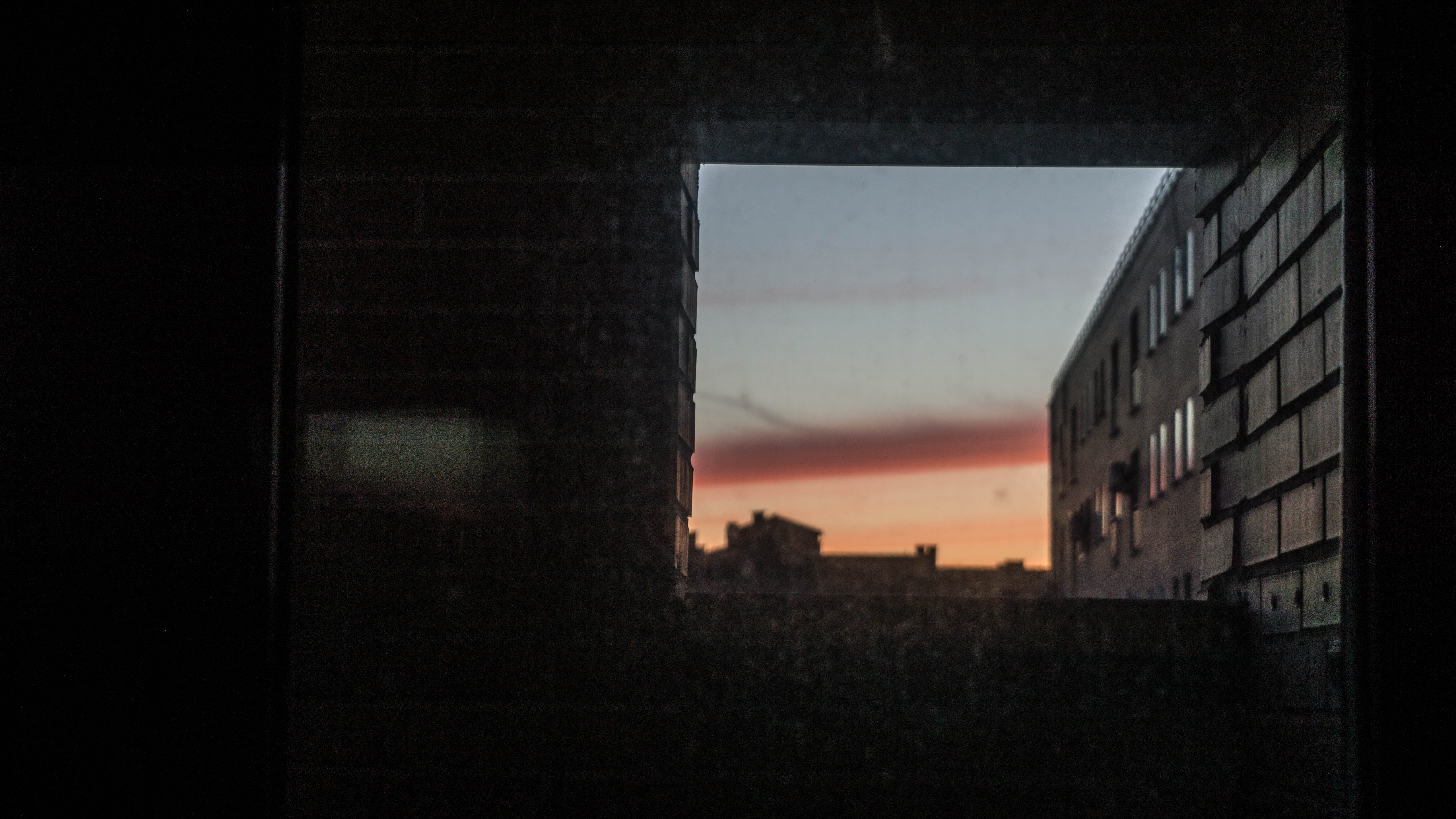
Source: ALEXANDER_Cultural-Trauma
Onkalo
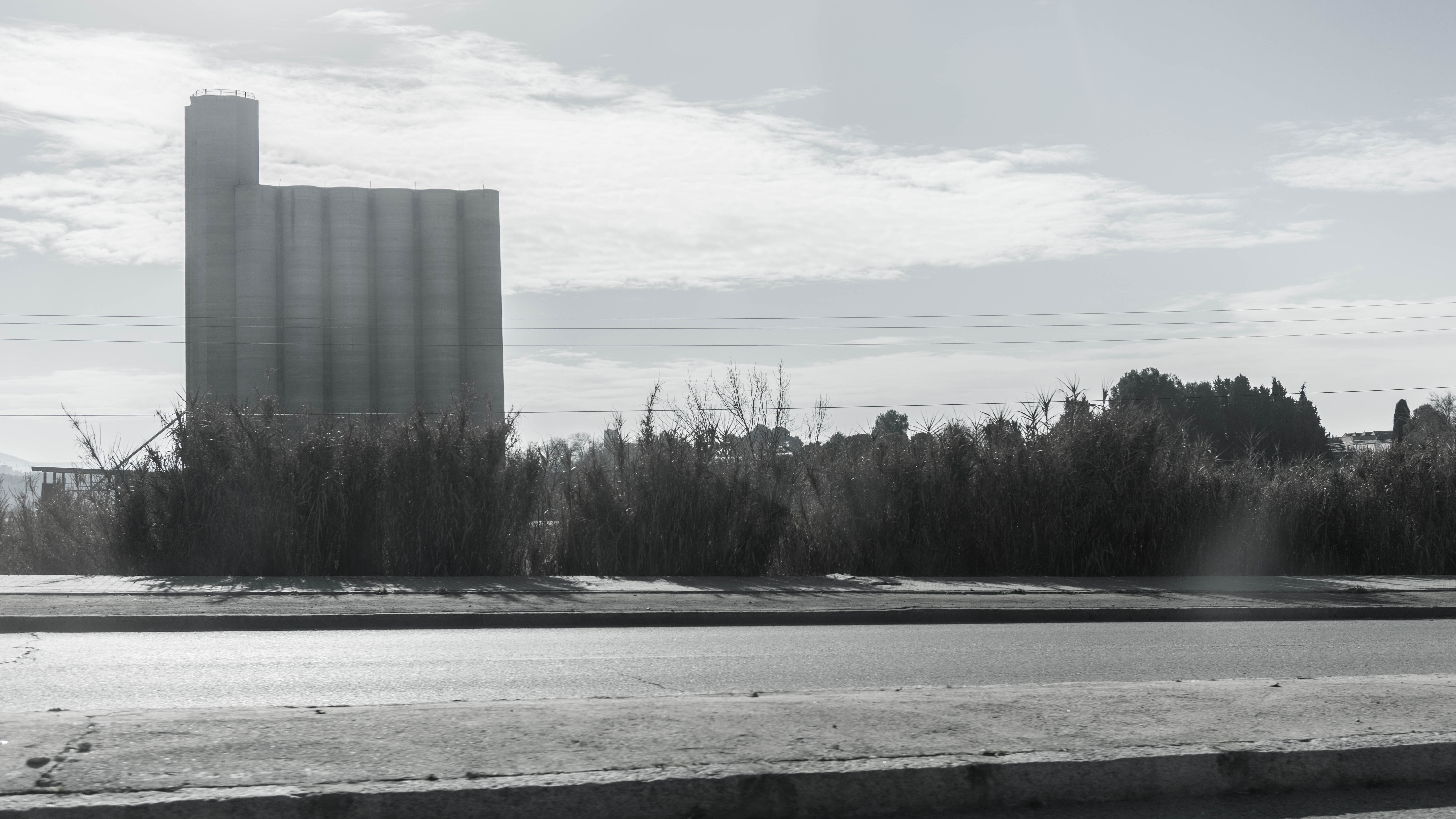

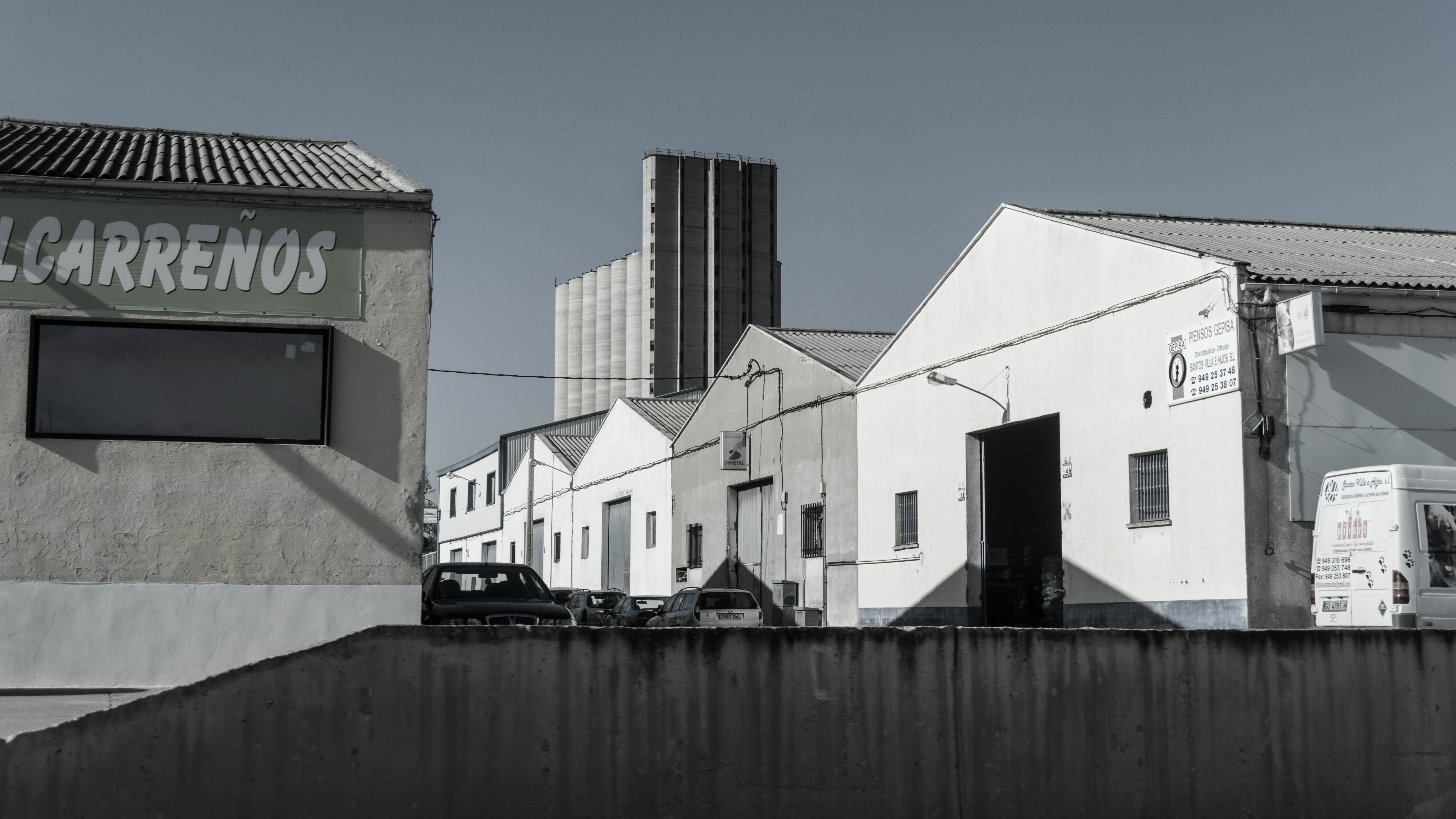
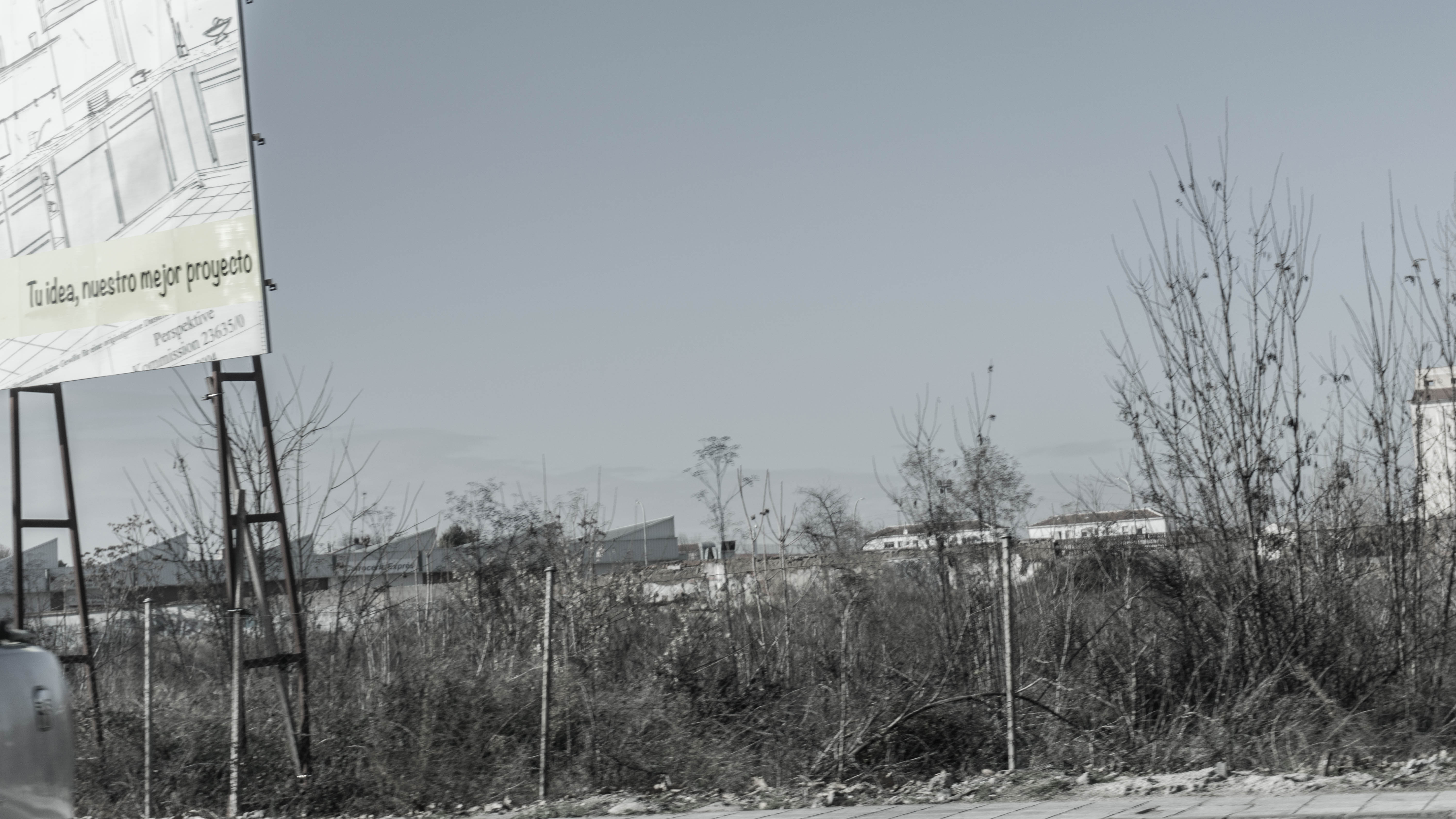
Mille Plateaux

‘El nómada habita esos lugares, se mantiene en esos lugares, y él mismo los hace crecer en el sentido que se constata que el nómada crea el desierto en la misma medida en que es creado por él. El nómada es un vector de desterritorialización.’
‘…no es trágico ni está deshabitado, solo es desierto por su color ocre y su luz, ardiente y sin sombra (…) en él hay una multitud bulliciosa (…) yo estoy en el borde de esa multitud, en la periferia; pero pertenezco a ella, estoy unida a ella por una extremidad de mi cuerpo, una mano o un pie.’
(G. Deleuze, F. Guattari, Mil mesetas. Capitalismo y esquizofrenia, 1980).




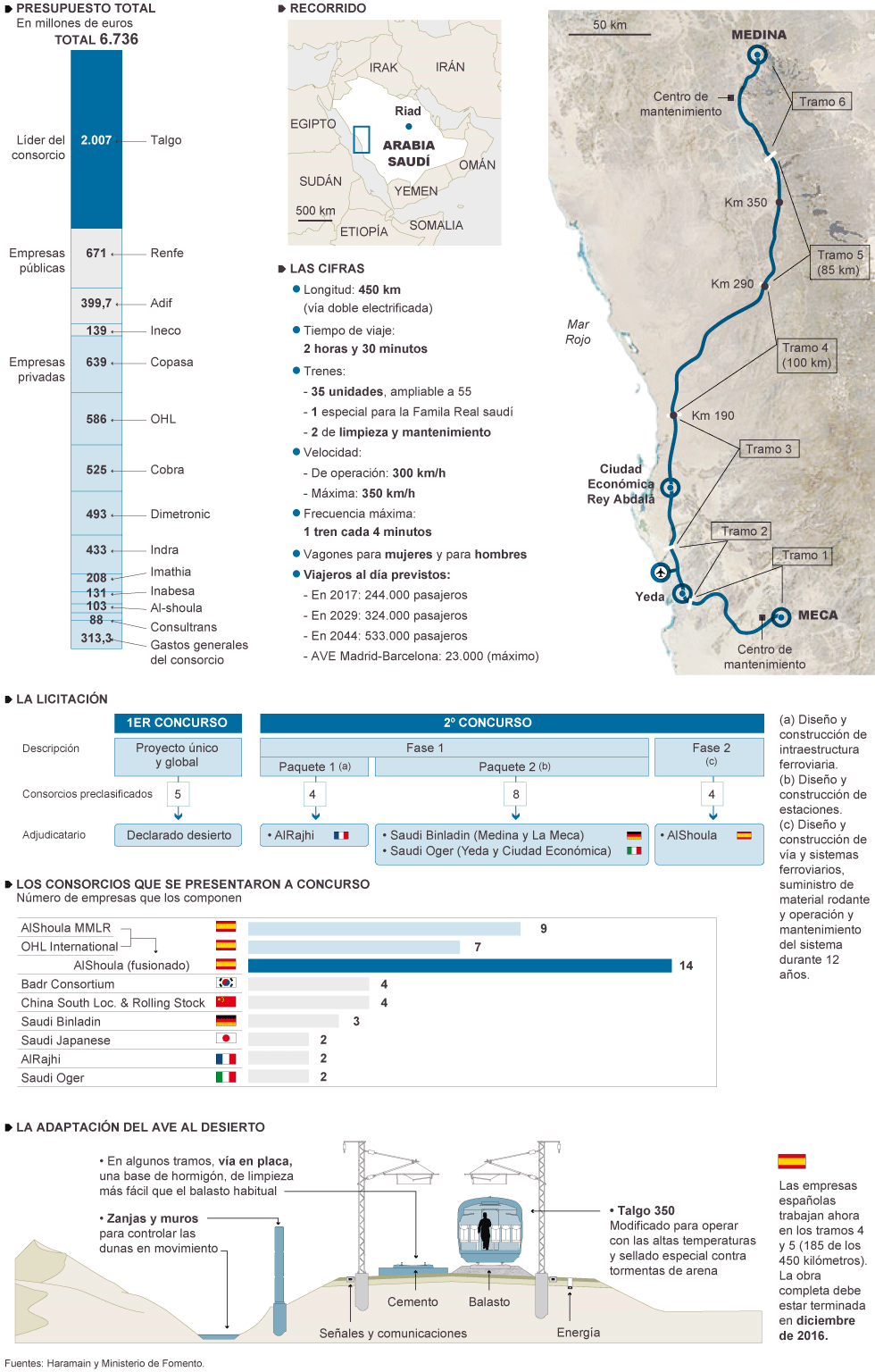
Septiembre 1, (1939), W. H. Auden.
…
Haramain High Speed Railway – Progress Video – March 2016 from Orbit Consults on Vimeo.
طريق عسير جازان – محاكاة الطيران فوق المسار from Orbit Consults on Vimeo.
تصوير جوي مشروع سكاكا 1 – مايو 2016 from Orbit Consults on Vimeo.
Religión de “espacios intermedios”
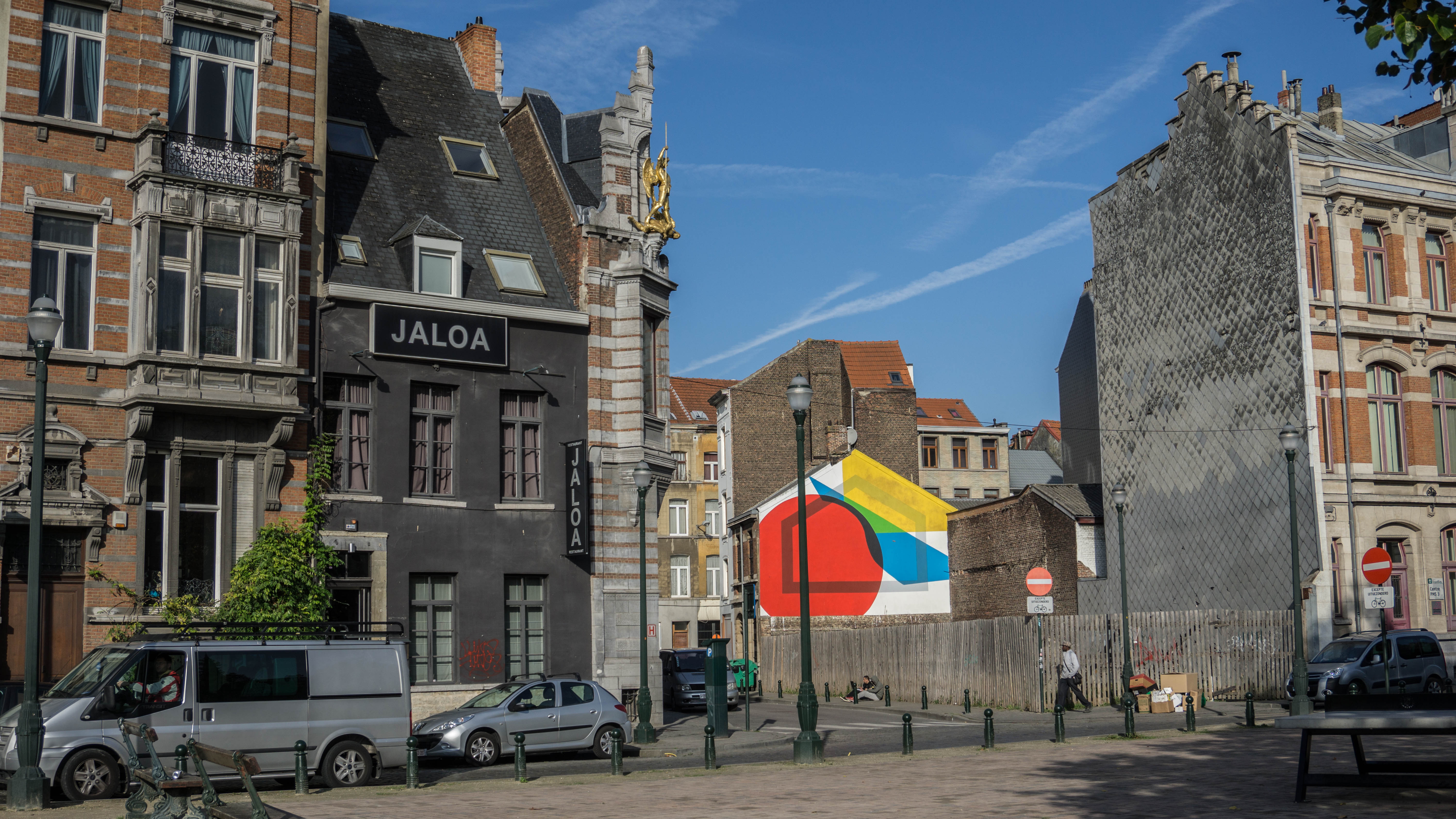
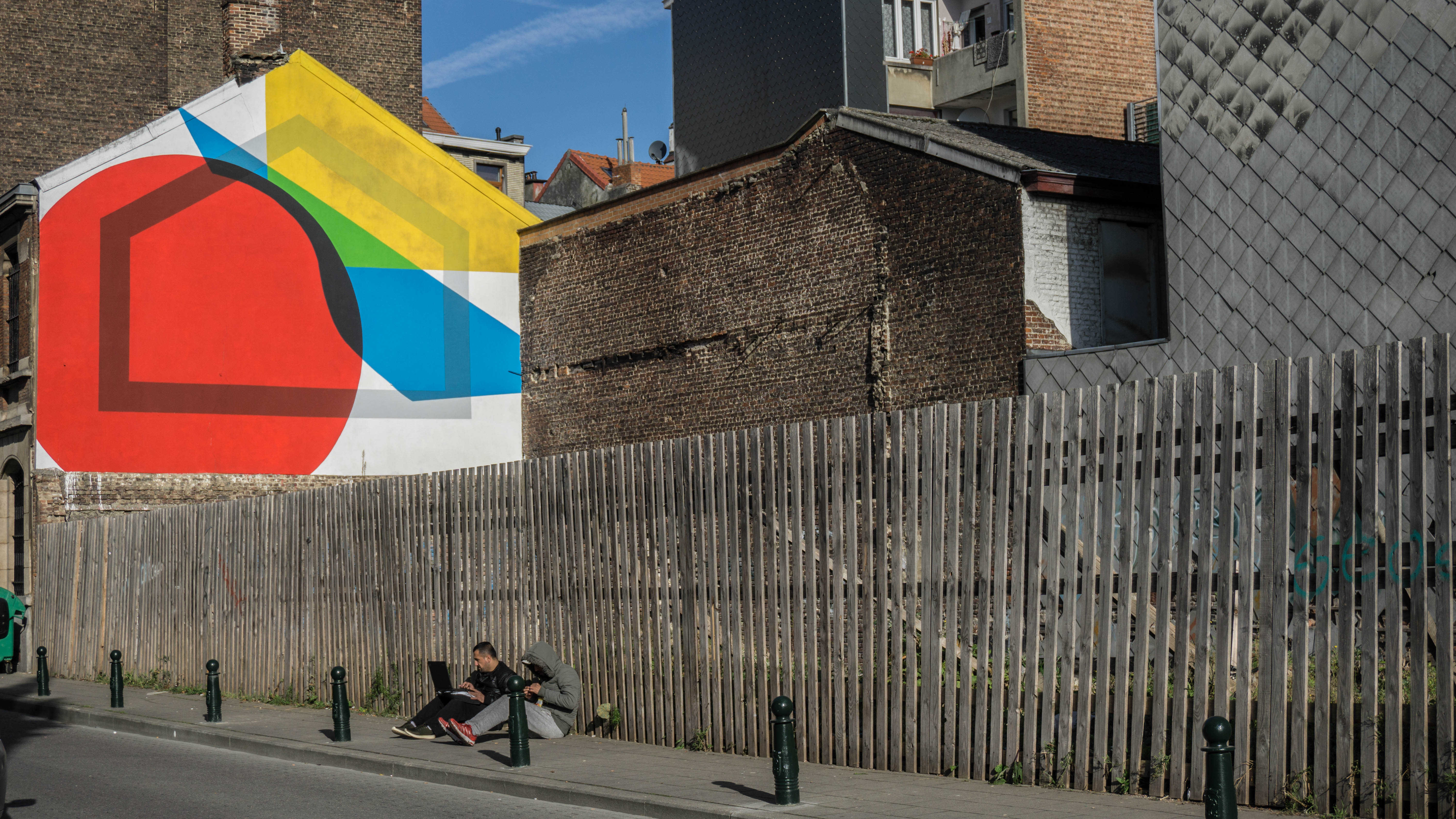
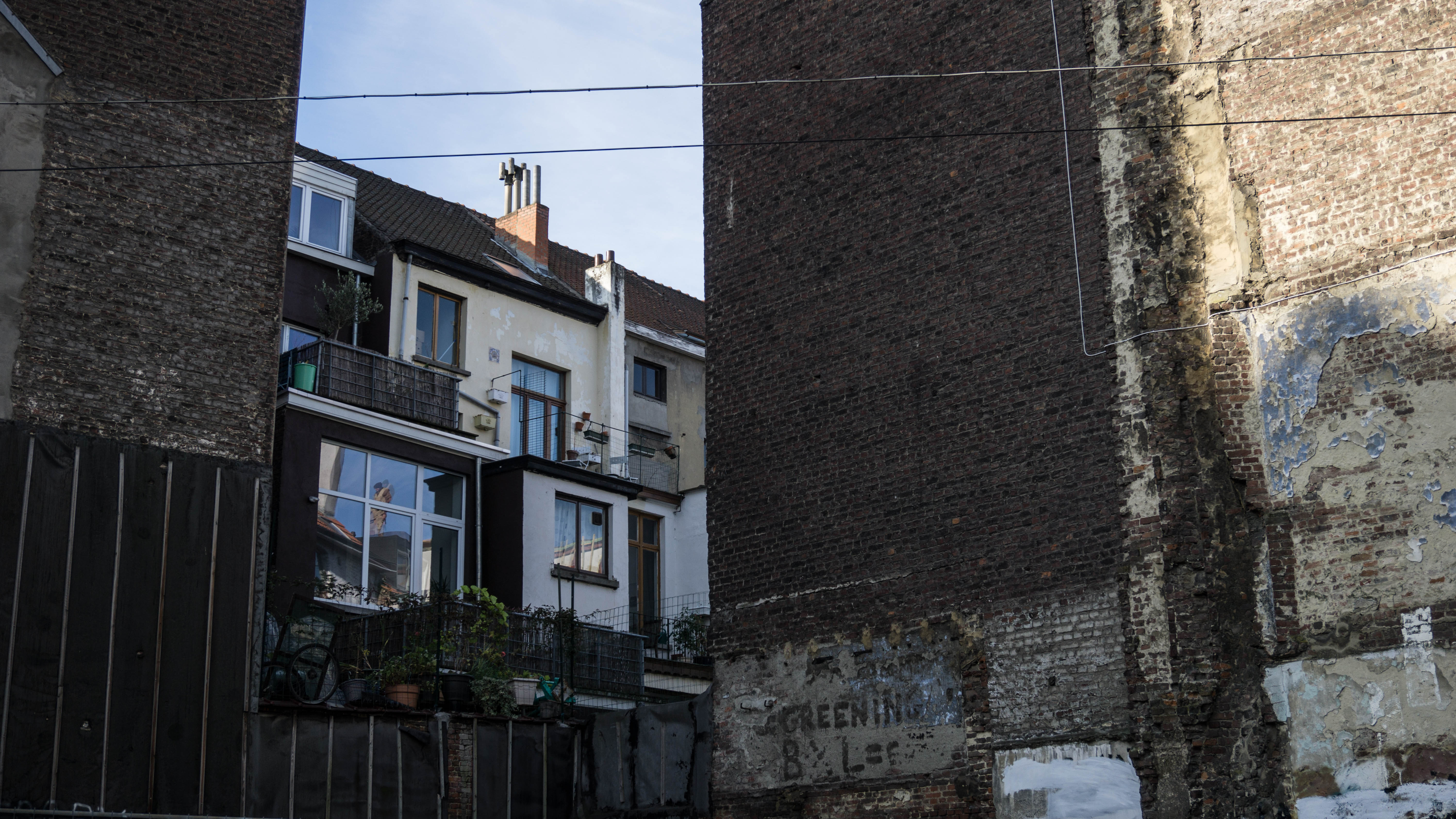
Las grandes ciudades ya no tienen ni vientre ni regazo.
Peter Handke
“Pero, a decir verdad, mi cuerpo no se deja reducir tan fácilmente. Después de todo, él tiene sus propios recursos de fantasía: también posee lugares sin lugar, y lugares más profundos, aún más obstinados que el alma, que la tumba, que los encantamientos de los magos; tiene sus sótanos y sus graneros, sus superficies luminosas. Mi cabeza, por ejemplo: ¡qué extraña caverna abierta hacia el mundo exterior por dos ventanas, dos aperturas! -de eso estoy seguro puesto que las veo en el espejo, y además puedo cerrar una u otra separadamente-; y sin embargo, no hay dos ventanas sino sólo una, puesto que frente a mí veo un paisaje único, continuo, sin barreras ni separaciones. Y ¿cómo es que suceden las cosas en esa cabeza? Pues bien, las cosas vienen a acomodarse en ella; entran en ella, y de eso estoy seguro, puesto que cuando el sol es demasiado fuerte me deslumbra, va a desgarrar el fondo de mi cerebro. Y no obstante, esas cosas que entran en mi cabeza permanecen claramente en su exterior, dado que las veo delante de mí, y para alcanzarlas debo, por mi parte, avanzar.
…
El cuerpo, fantasma que sólo aparece en los espejismos del espejo, y además de manera fragmentaria.
…
Mi cuerpo, implacable topía.
Michel Foucault, “Topologías”, Fractal nº 48, enero-marzo, 2008, año XII, volumen XIII, pp. 39-62. Traducción de Rodrigo García.
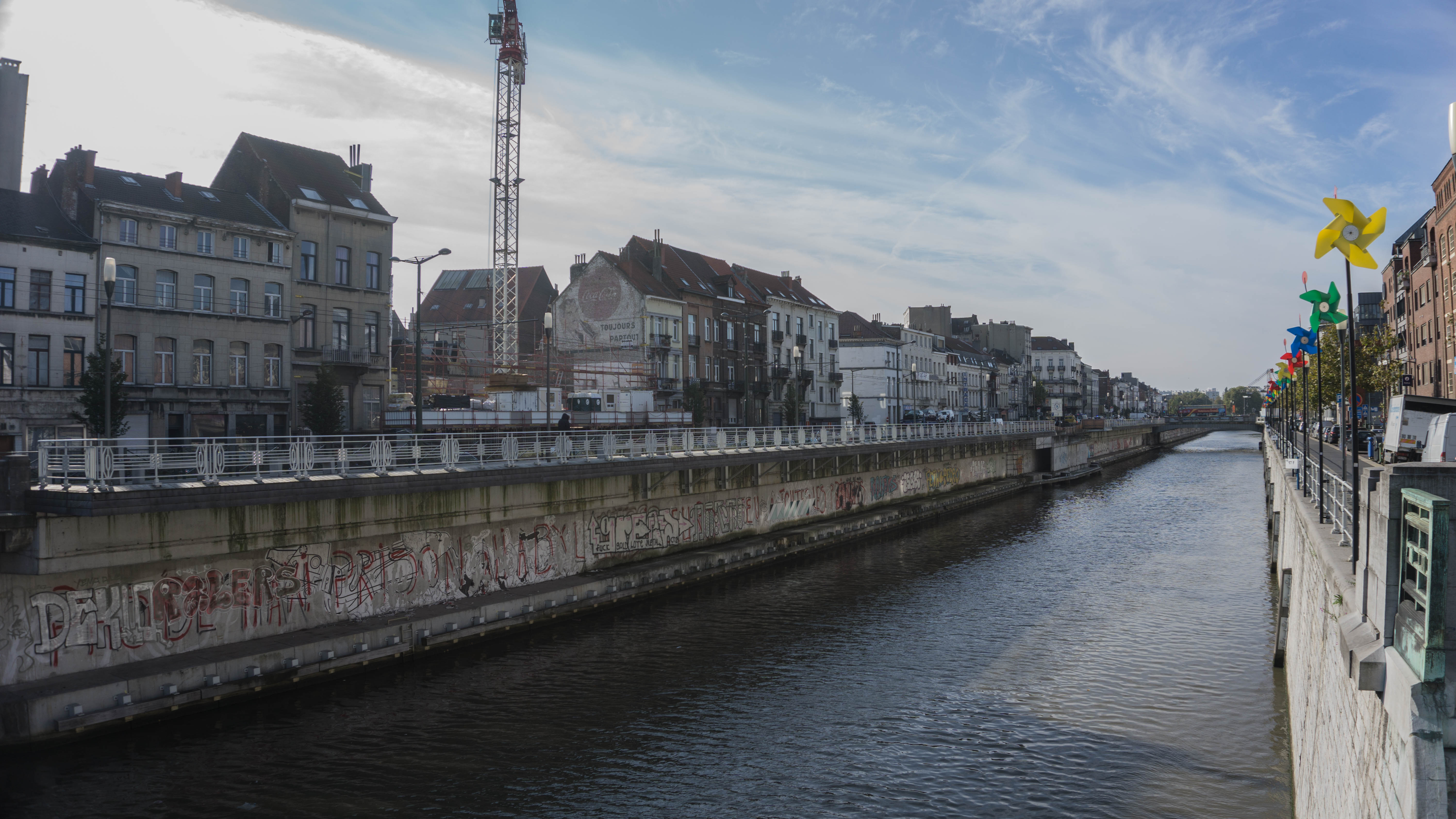
Corps-sans-organes
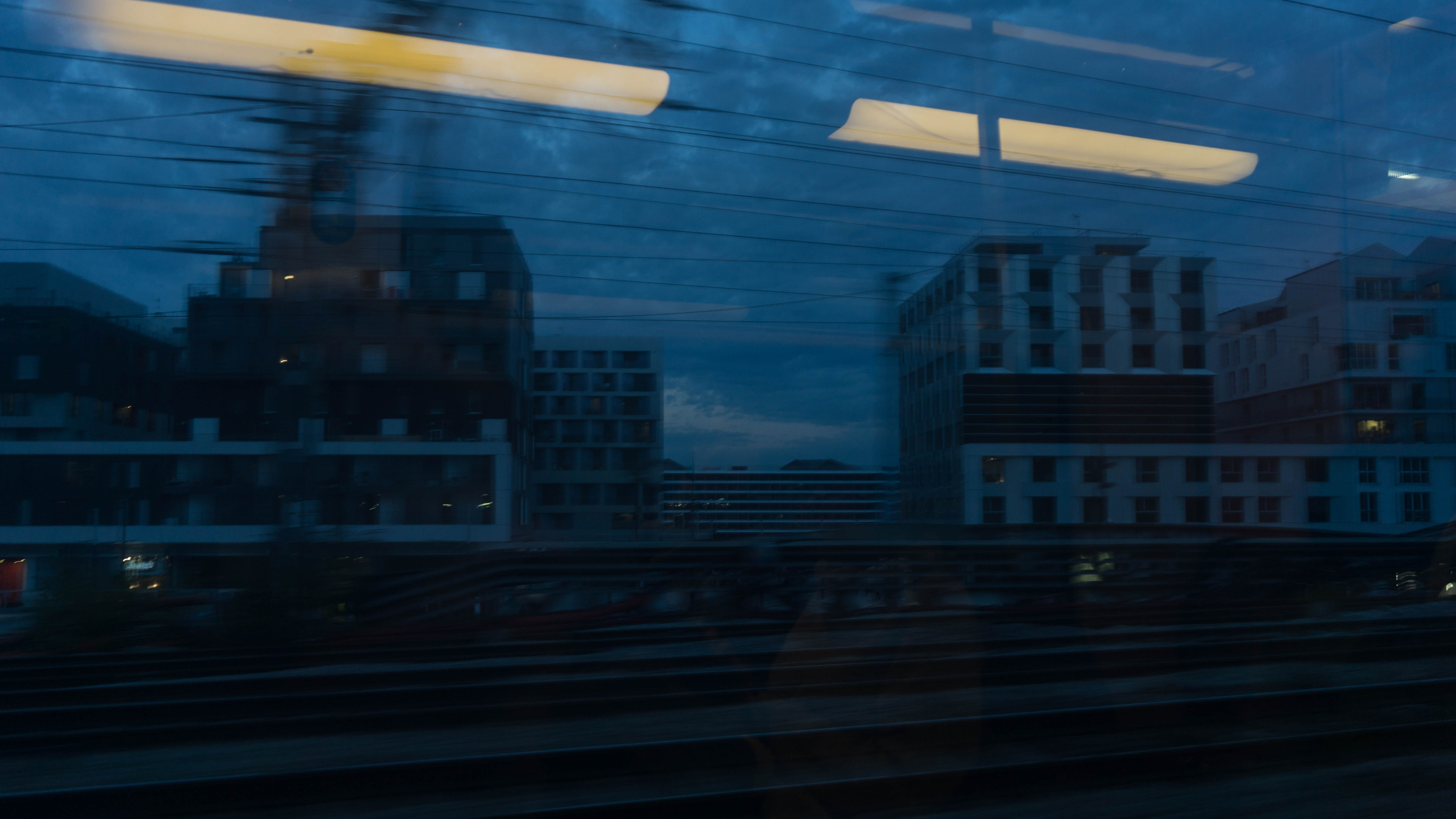
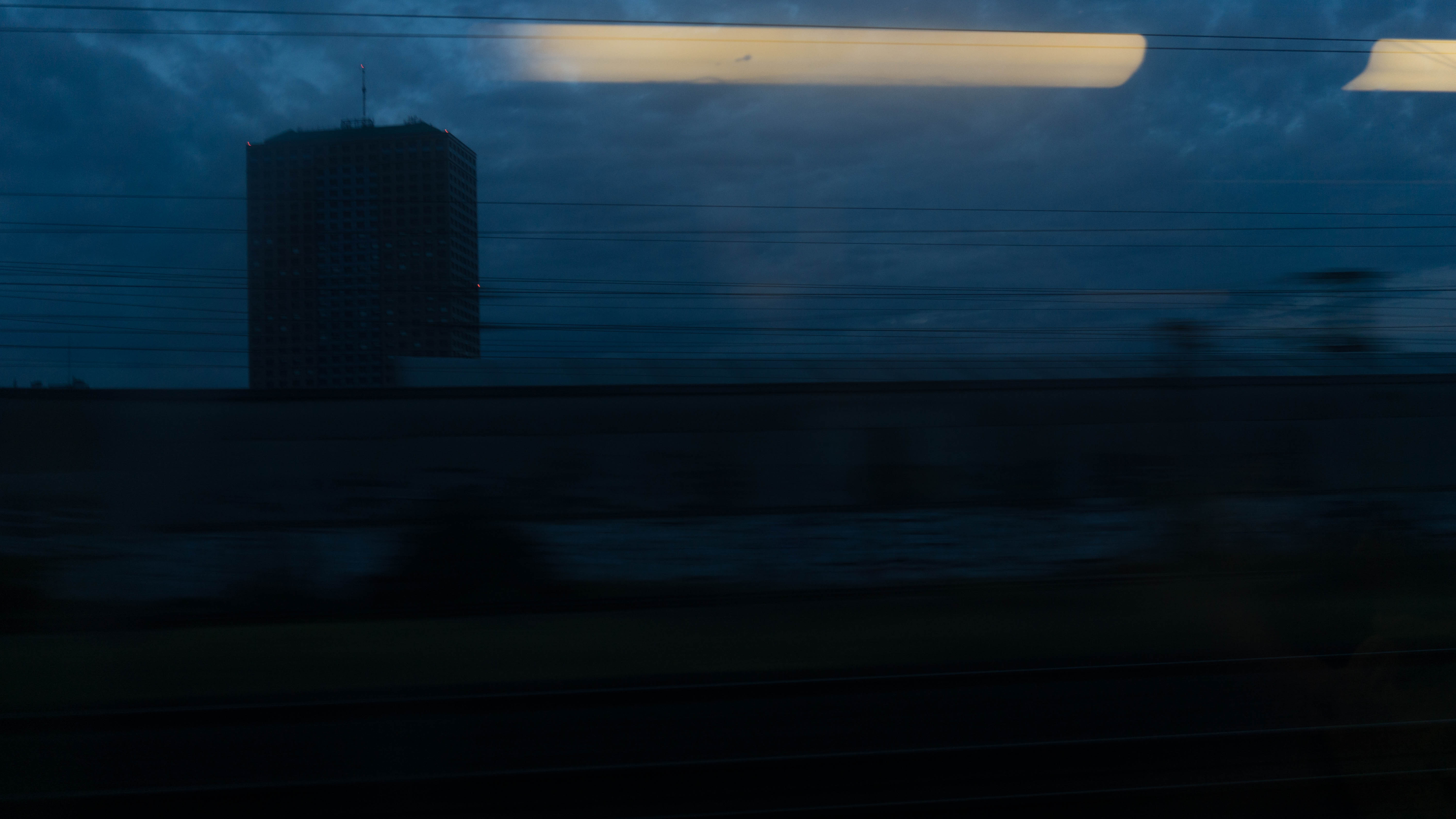
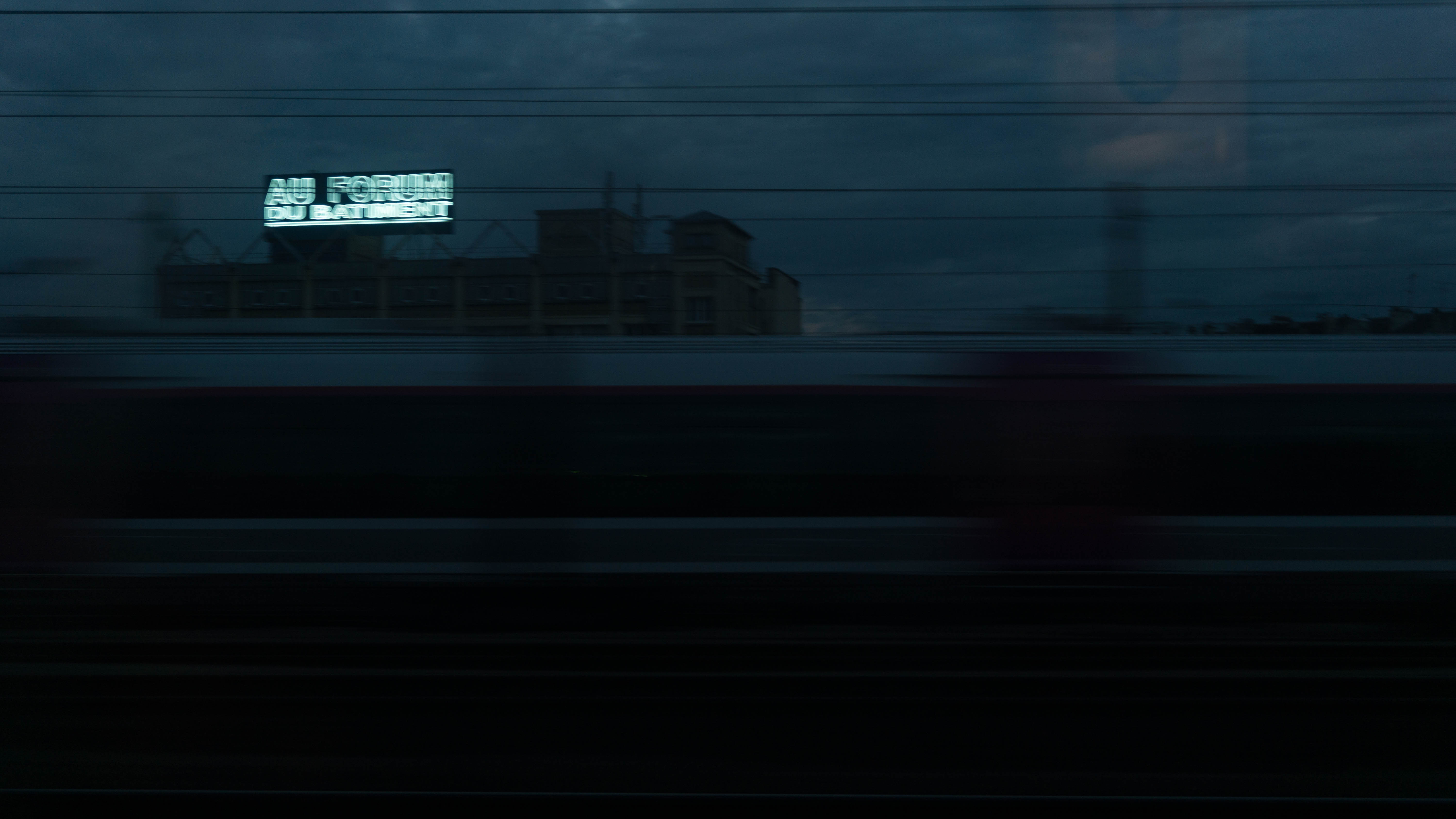
CLASS TEN
BUILDING A VOCABULARY OF ACTIONS
In an action you must know what you do, where you do it, when you do it, and why you do it. But you don’t know how you do it. The how is spontaneous and unexpected.
An action can be broken up into steps or “beats.” (The expression beats, by the way, isn’t a musical reference. We began calling steps “beats” because members of the Moscow Art Theatre, in discussing their techniques with American actors some years ago, couldn’t pronounce “bits.”)
As an action, “to escape” is to run away from a troubling thought or image, or to run away from danger, but wherever you run you see the danger, take it in and run away from it, like confronting your own image in a chamber of mirrors again and again and never finding an exit. Going from danger to danger is the action “to escape.” It’s the action of Hamlet, Ophelia and Macbeth. The dramatic anatomy of escape is there’s no escape.
The end of the action determines the action and makes it strong or weak.
Beats
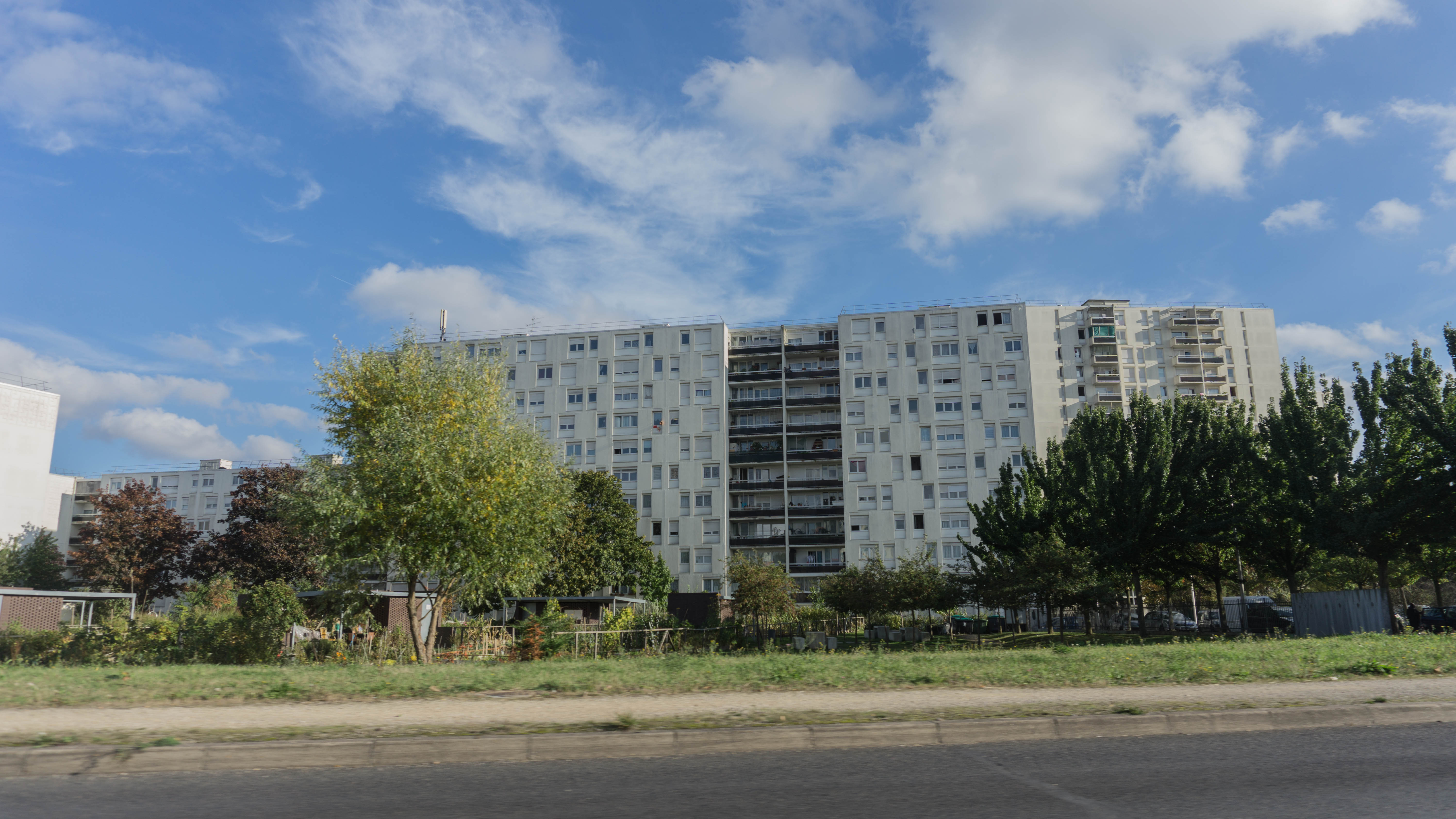
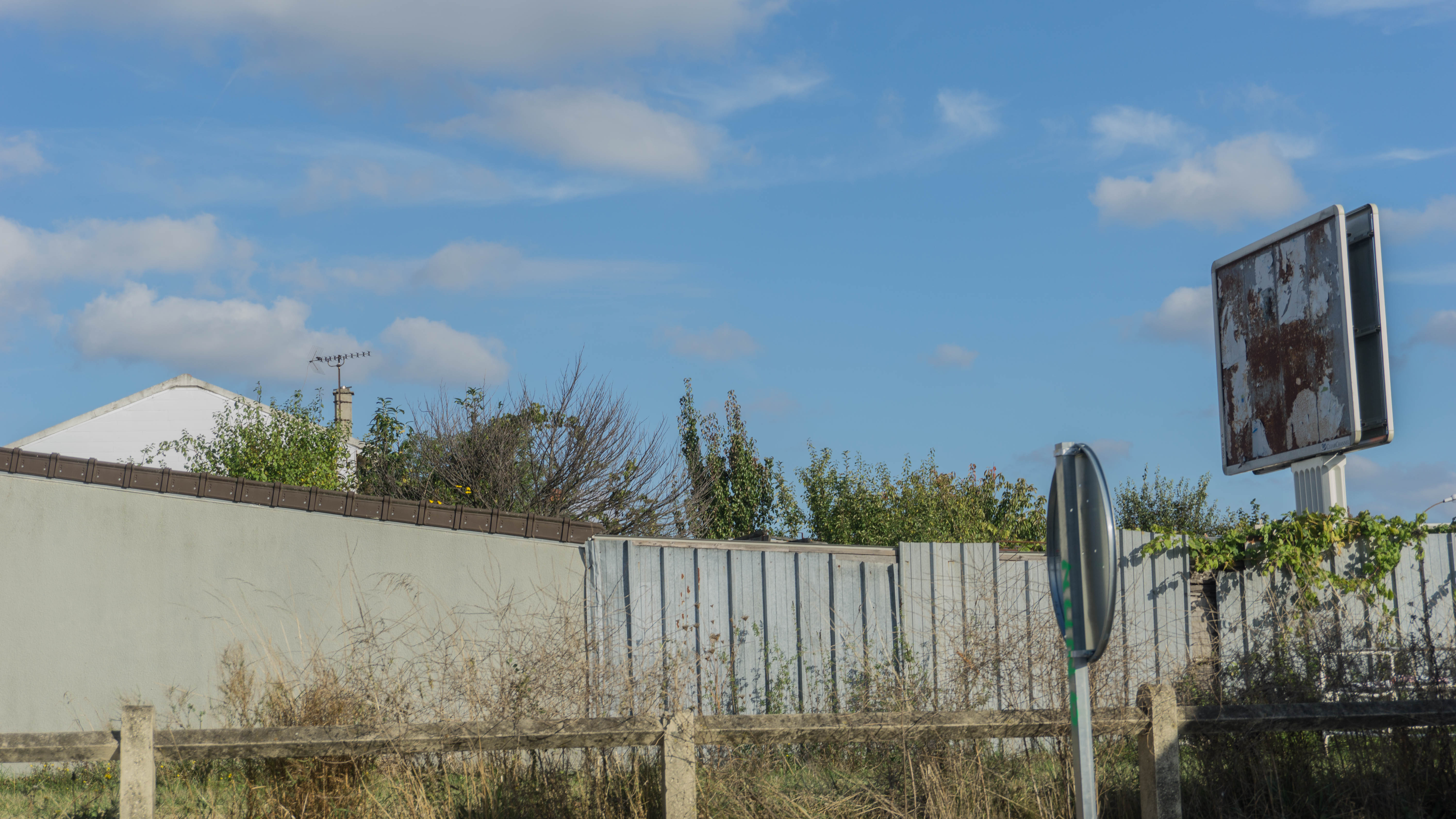
wrestling with the ideas
Another way of describing “to chat” is to say you’re “shooting the breeze.” That’s a way of saying that chatting is pleasant, it’s polite, it’s airy, it’s light, but it’s empty. It doesn’t matter. Nothing depends on it. It’s a way to pass the time.
It’s normal. It’s fake.
it’s a form of verbal badminton. (Shuttlecock)
…vs to discuss
Even when you begin, you must react.
Our national temperament is intolerant of listening.
Through the actor’s actions, a series of separate but logically connected physical or psychological activities that breathe life into the play and create the moment-by-moment truth.
…
“To reminisce,” is to soliloquize
reminiscing is itself a means of escape from the sometimes unbearable realities of the present.
When I reminisce, I become detached and my words take on a poetic quality. To reminisce is to reinvent the world. Remembering is simply experiencing it all over again, which is closer to description.
To reminisce is different from telling a story.
Reminiscing has in it longing, pain and loss.
The reminiscence has a sequence of ideas. Paraphrase the sequences so that the ideas are in you, not in the words. Fill in the sequence with your own words without the text in order to make the words of the author belong to you.
Stella Adler. The Art Of Acting.
…
They say I lie or feign/In all I write. Not true. It’s simply that I feel/ By way of imagination. The heart I never use.
Fernando Pessoa. Autopsicography.